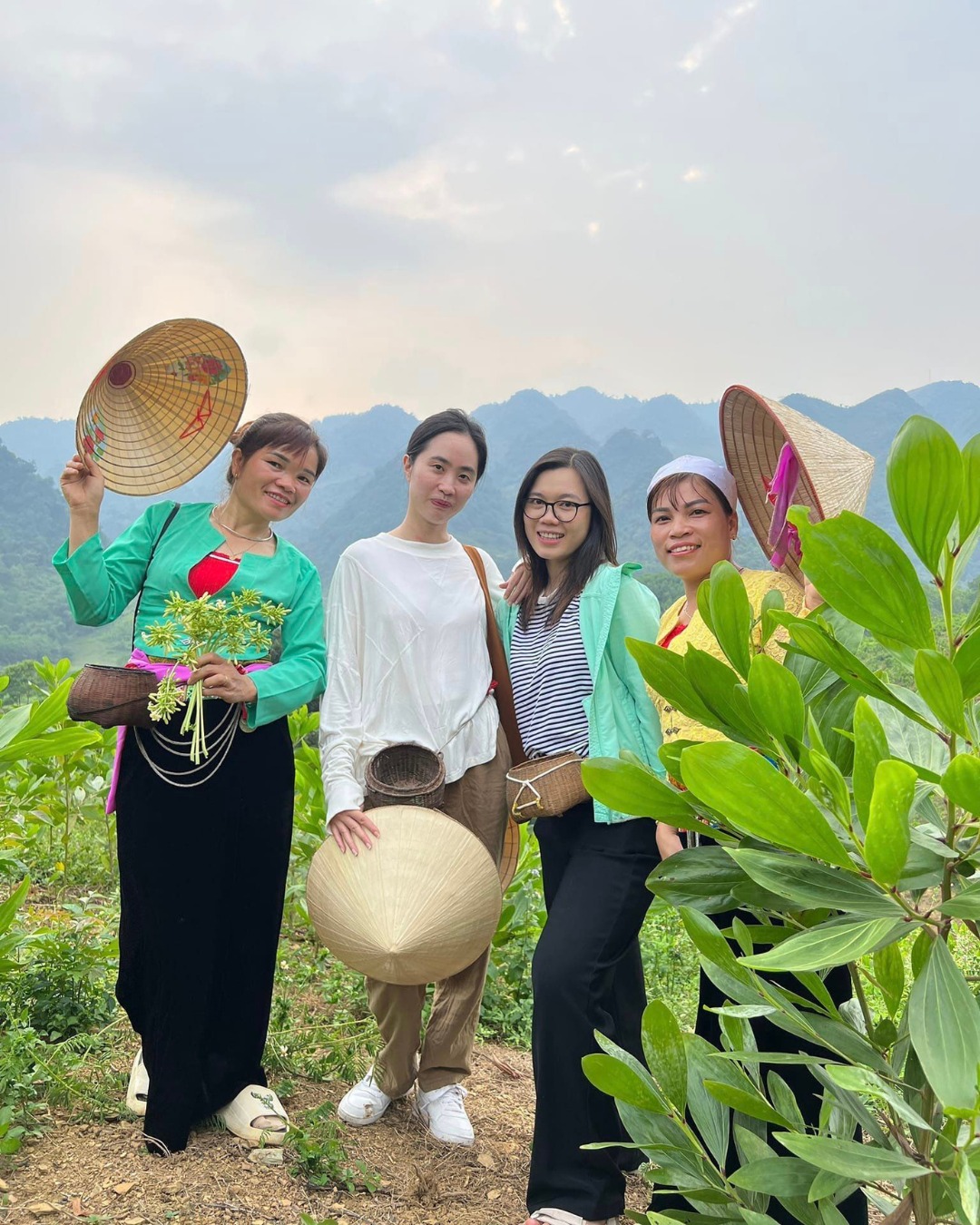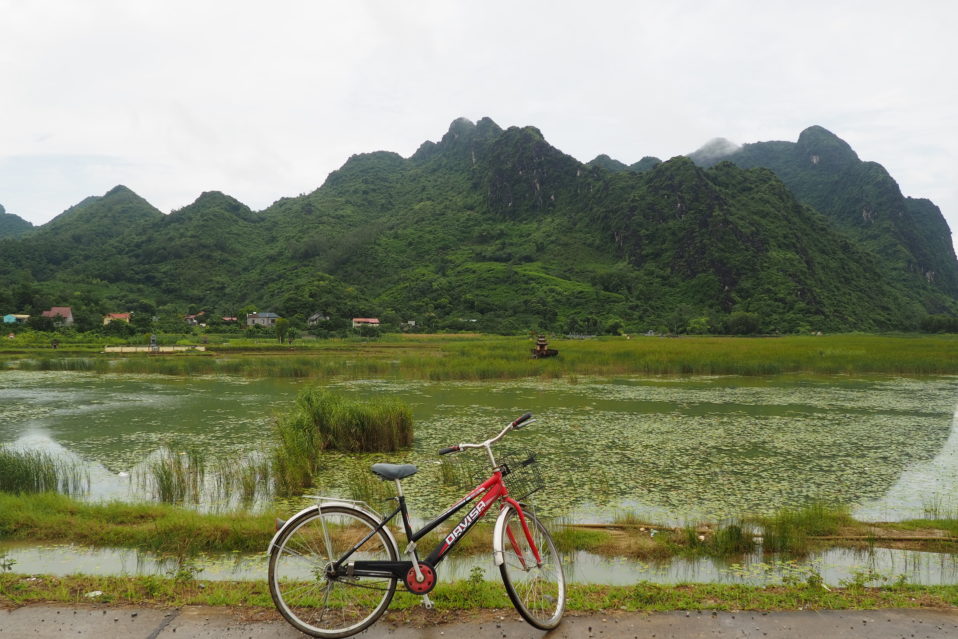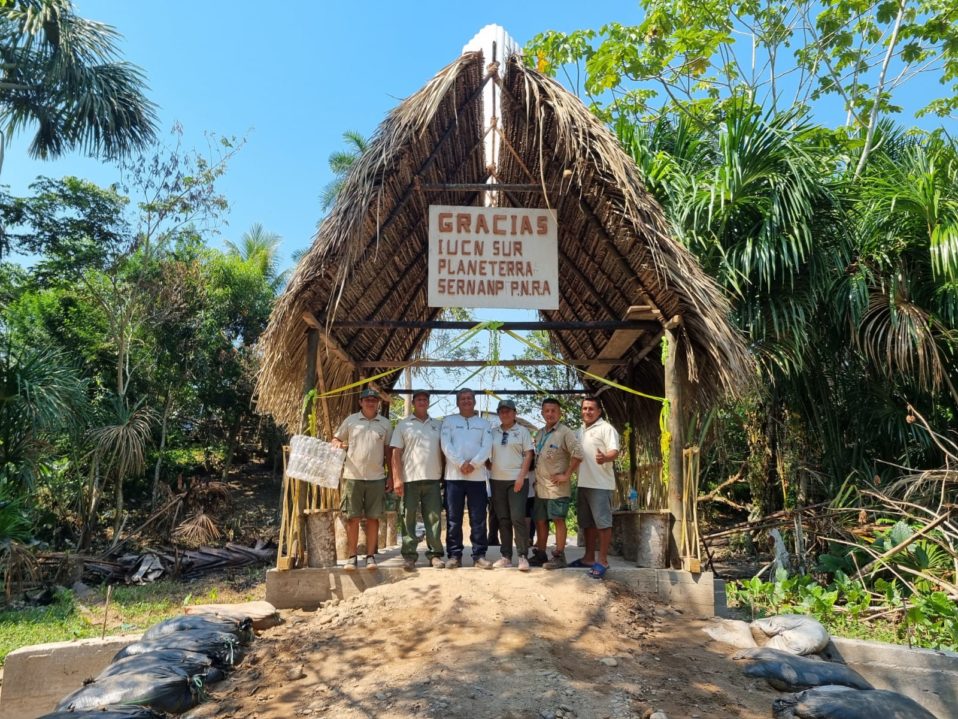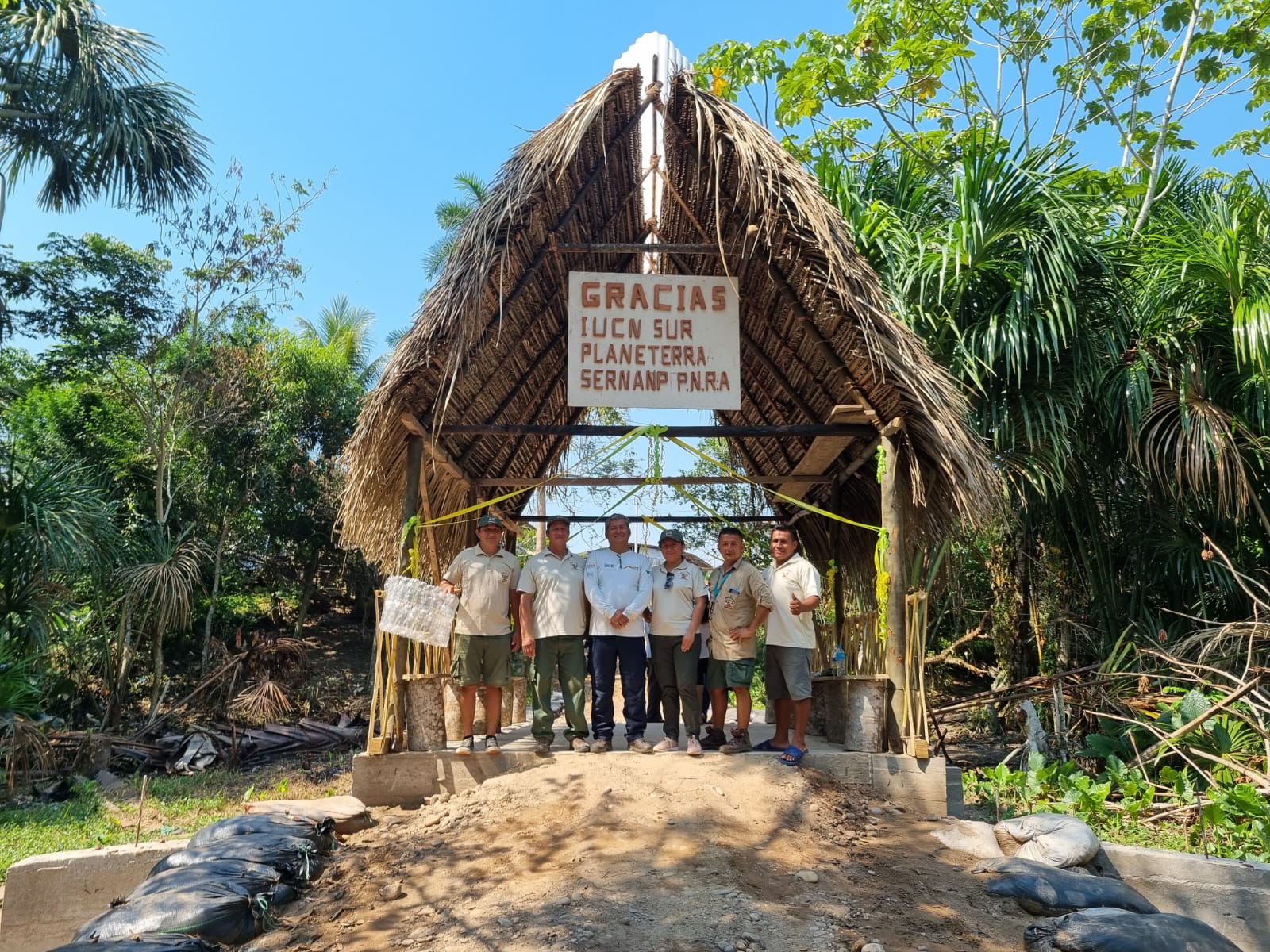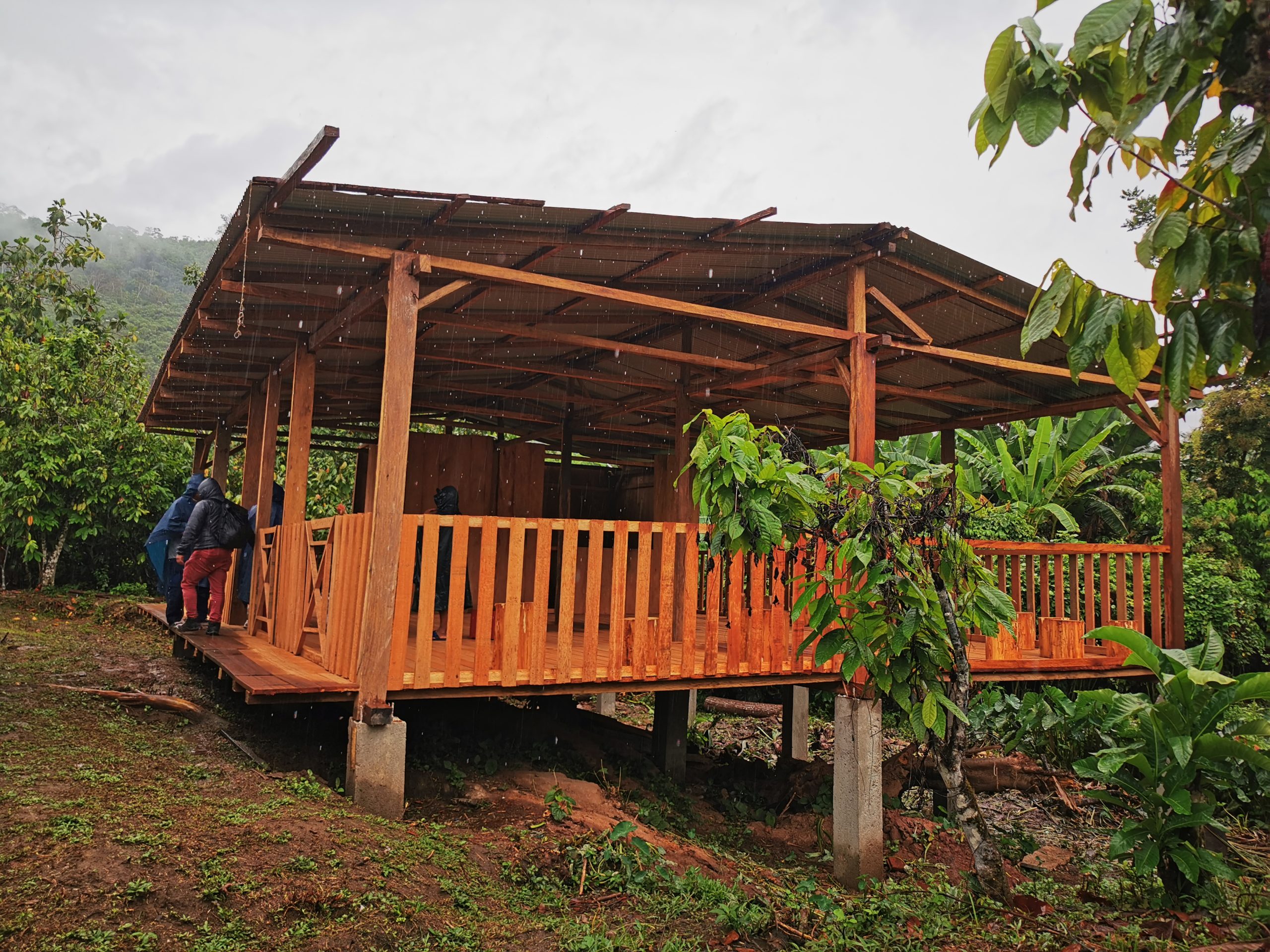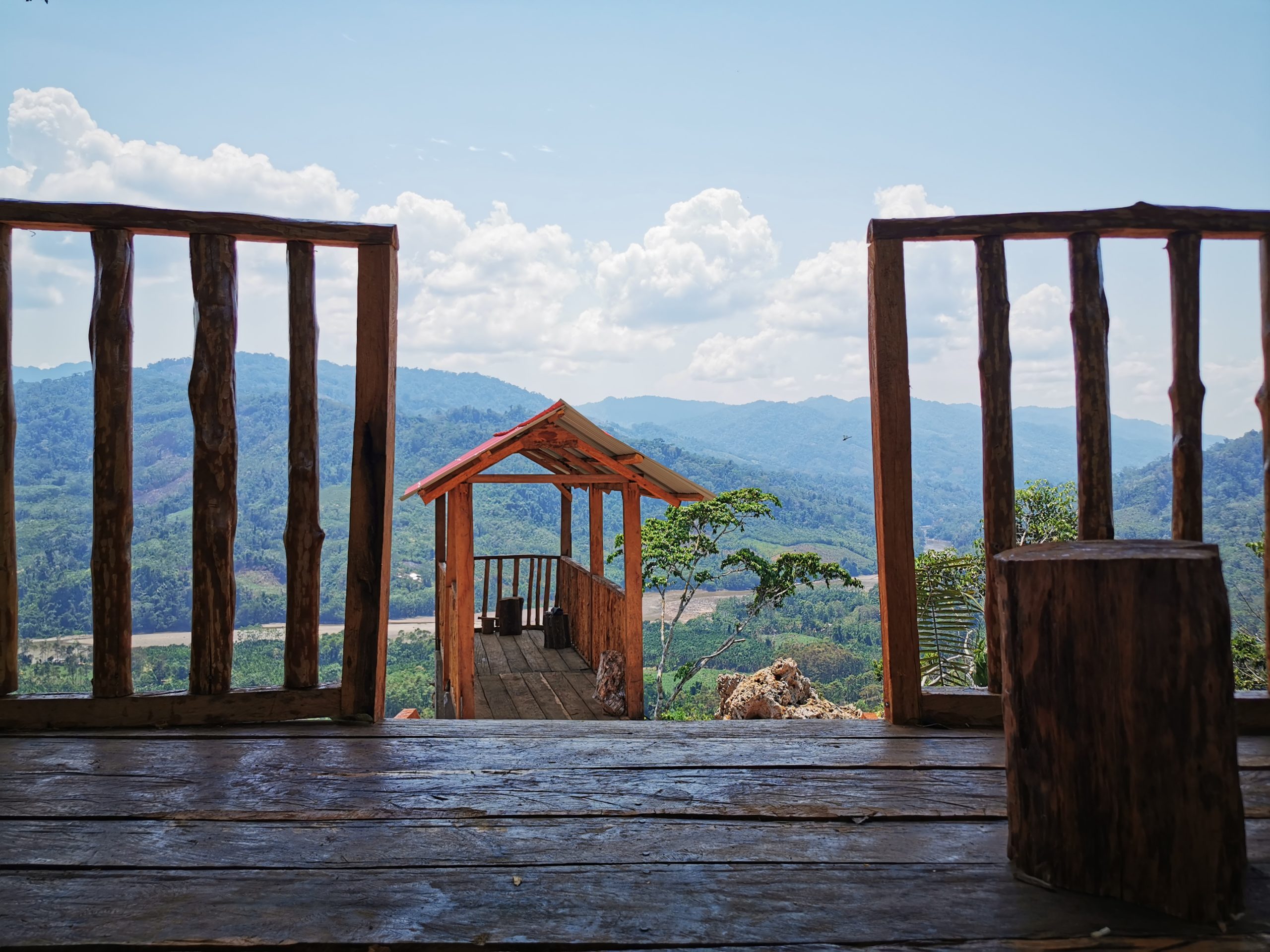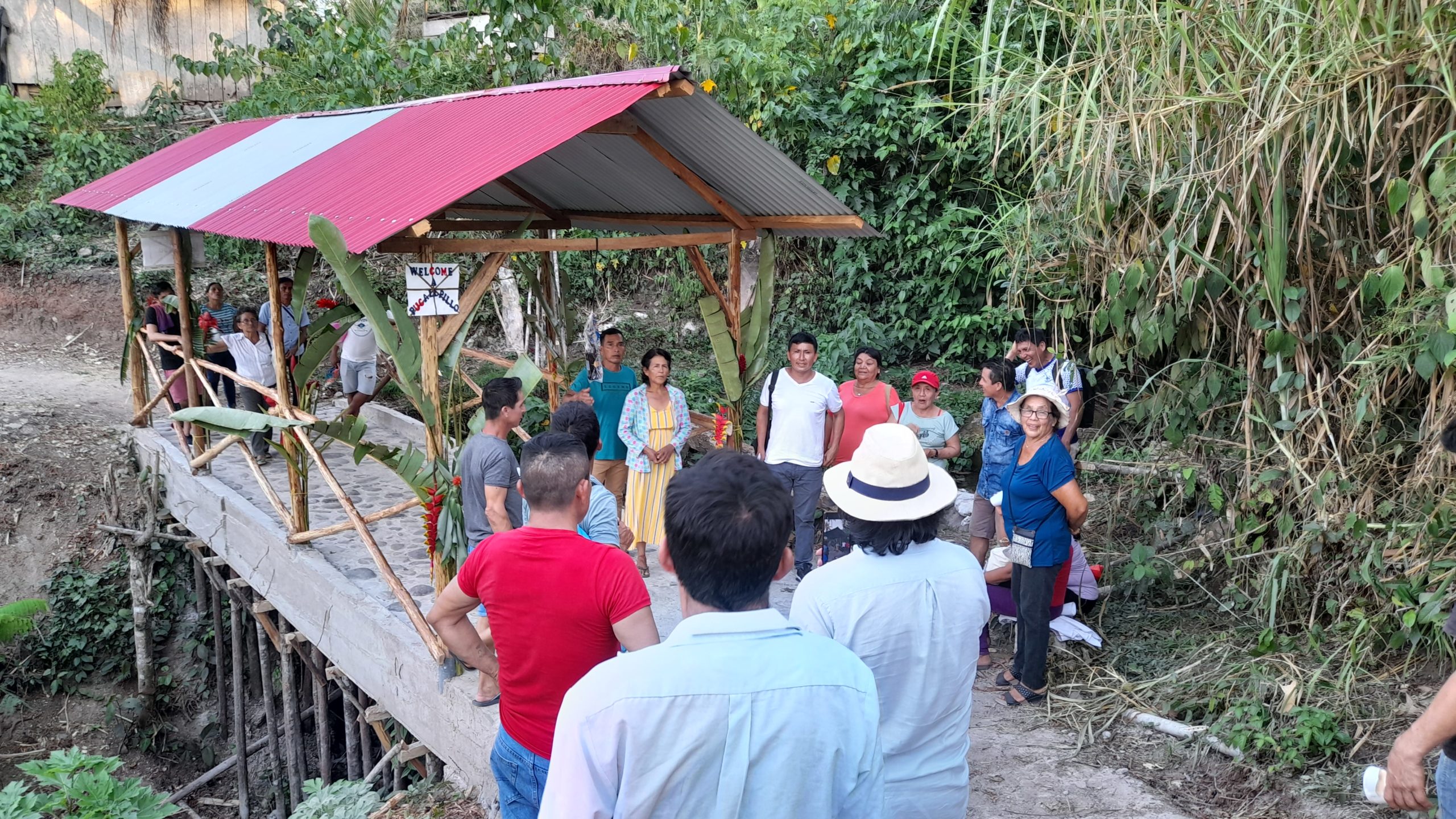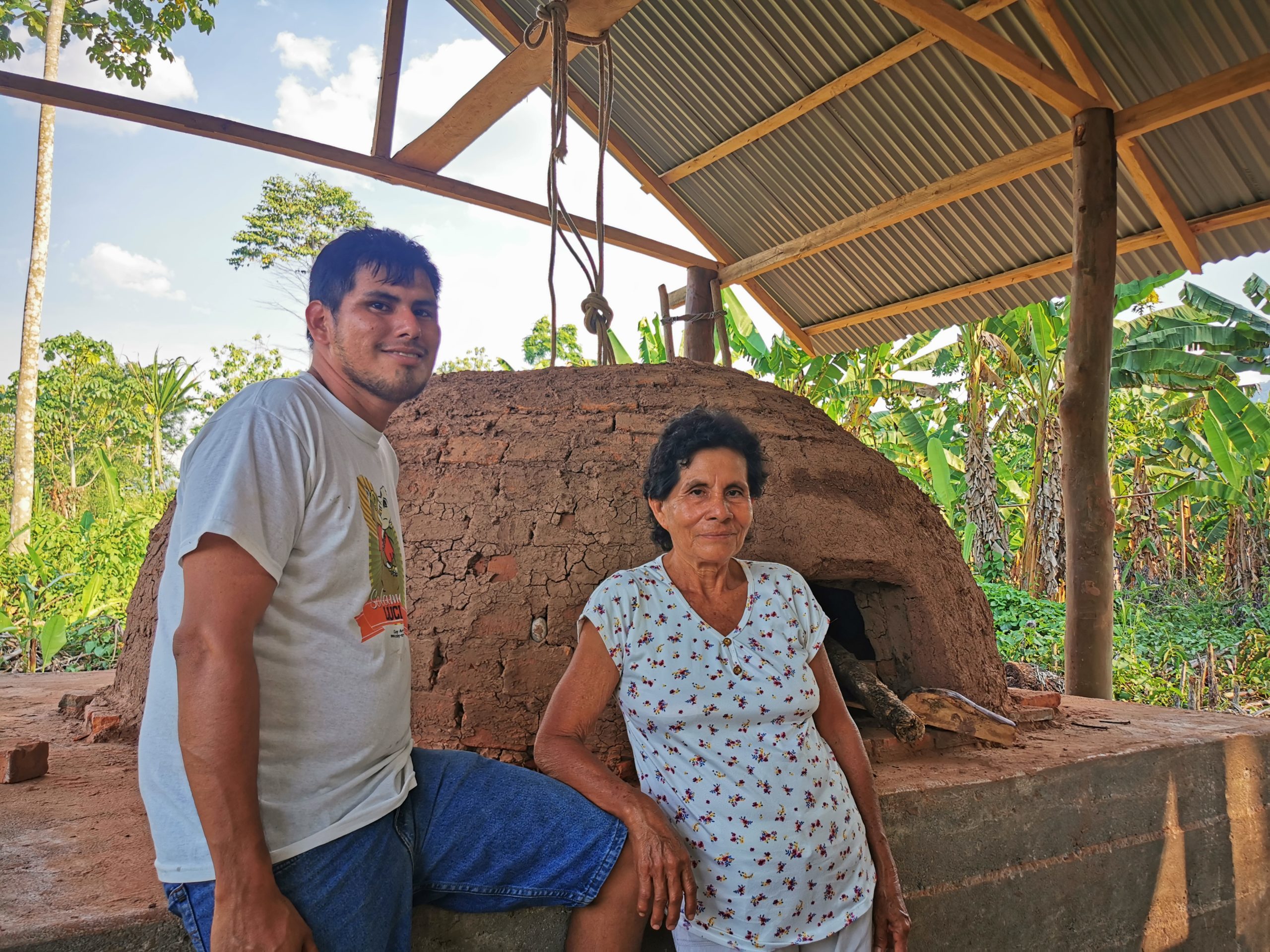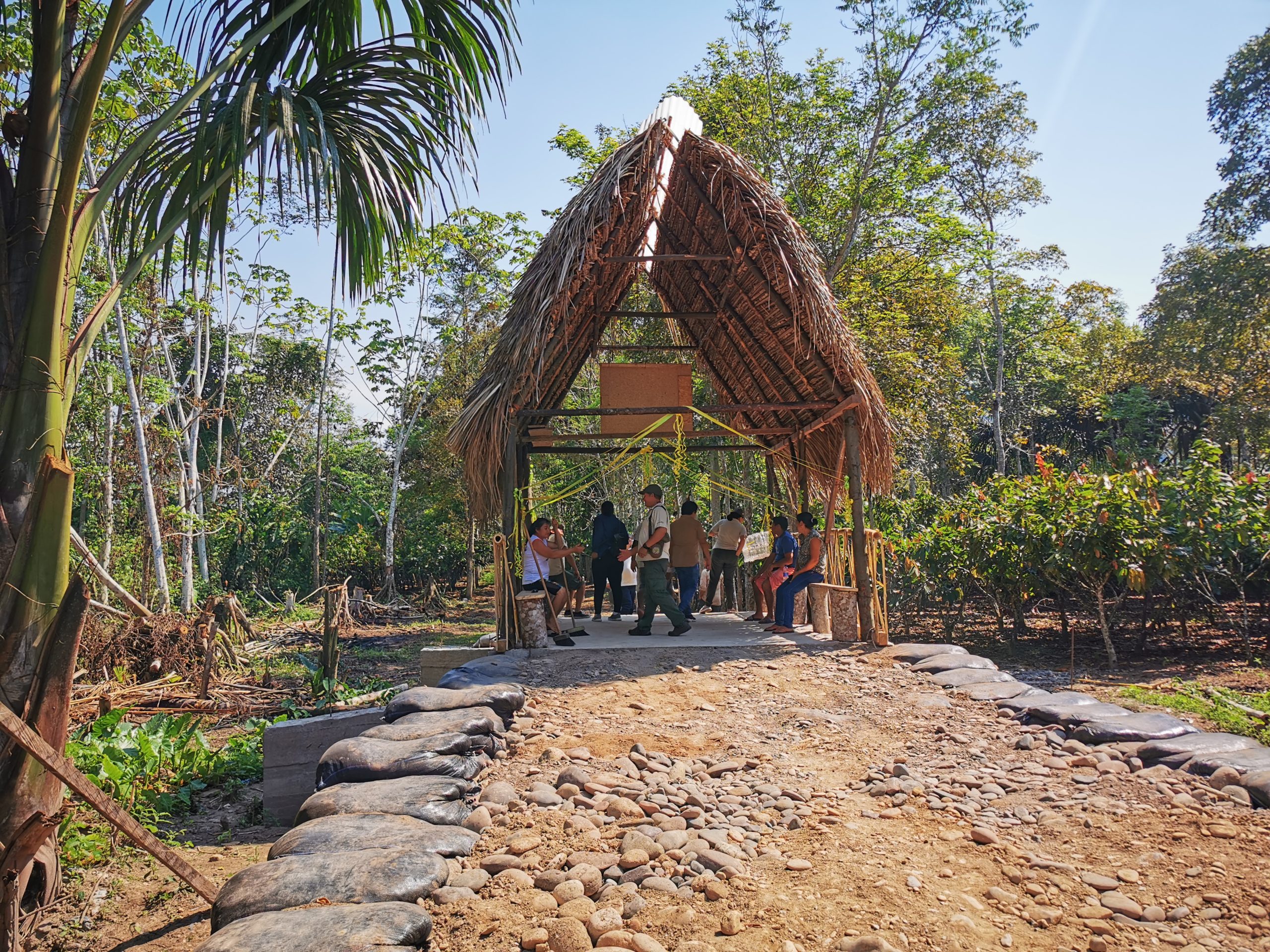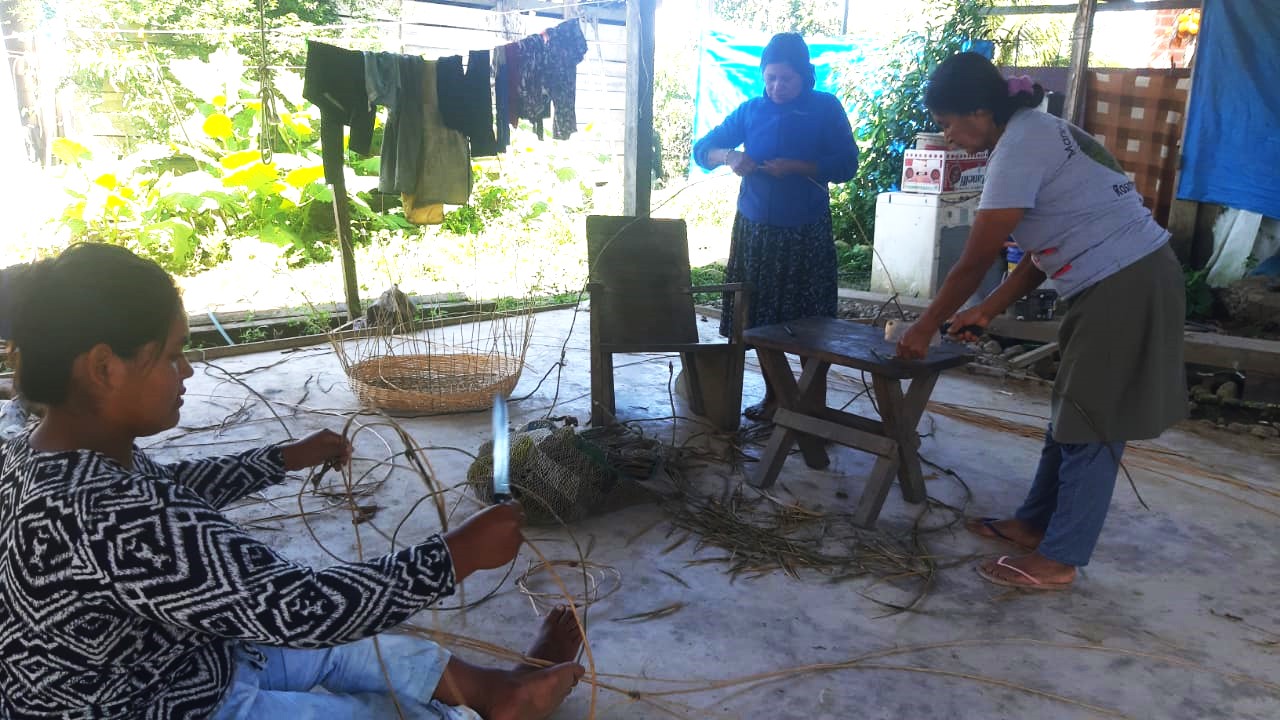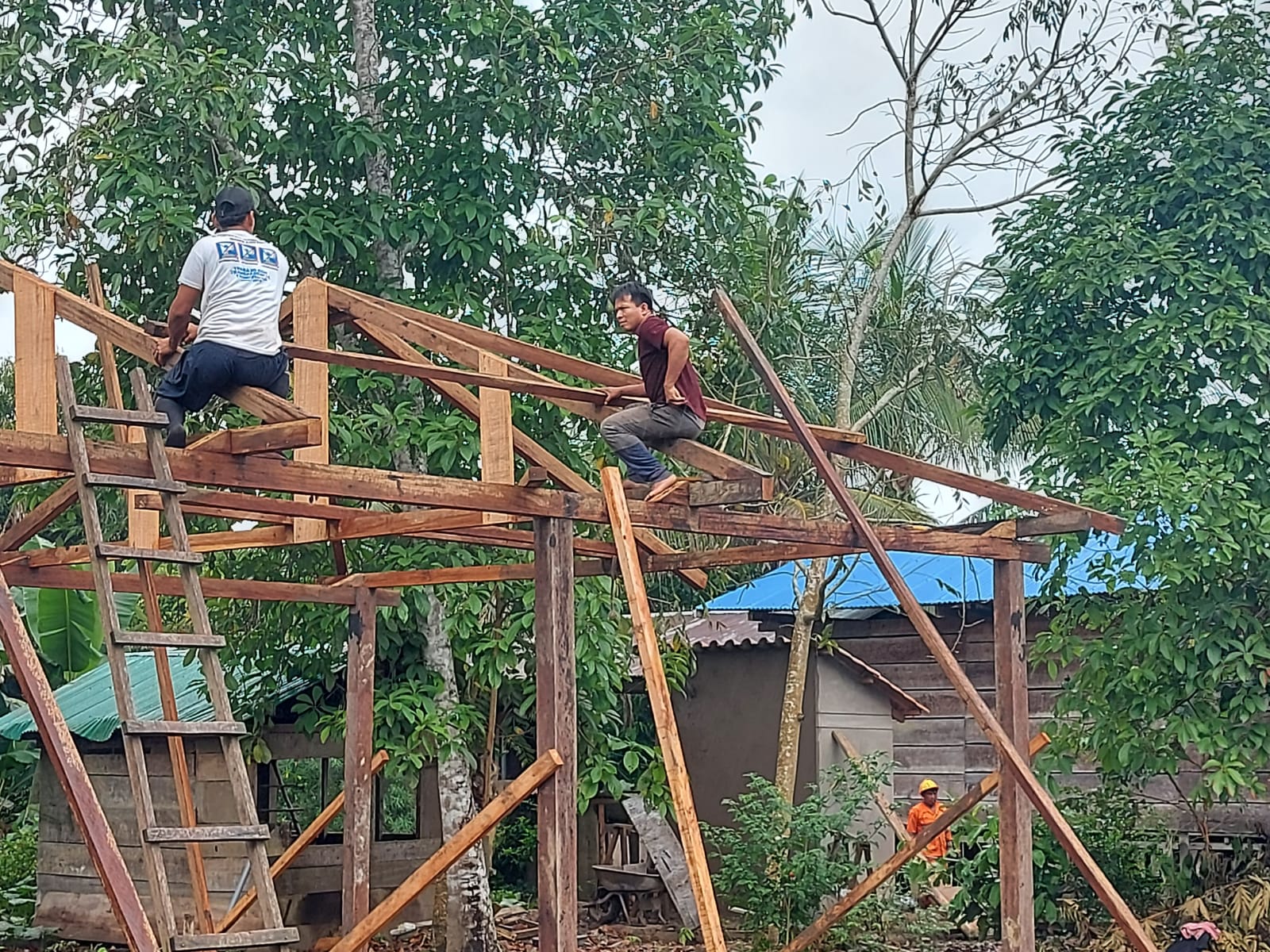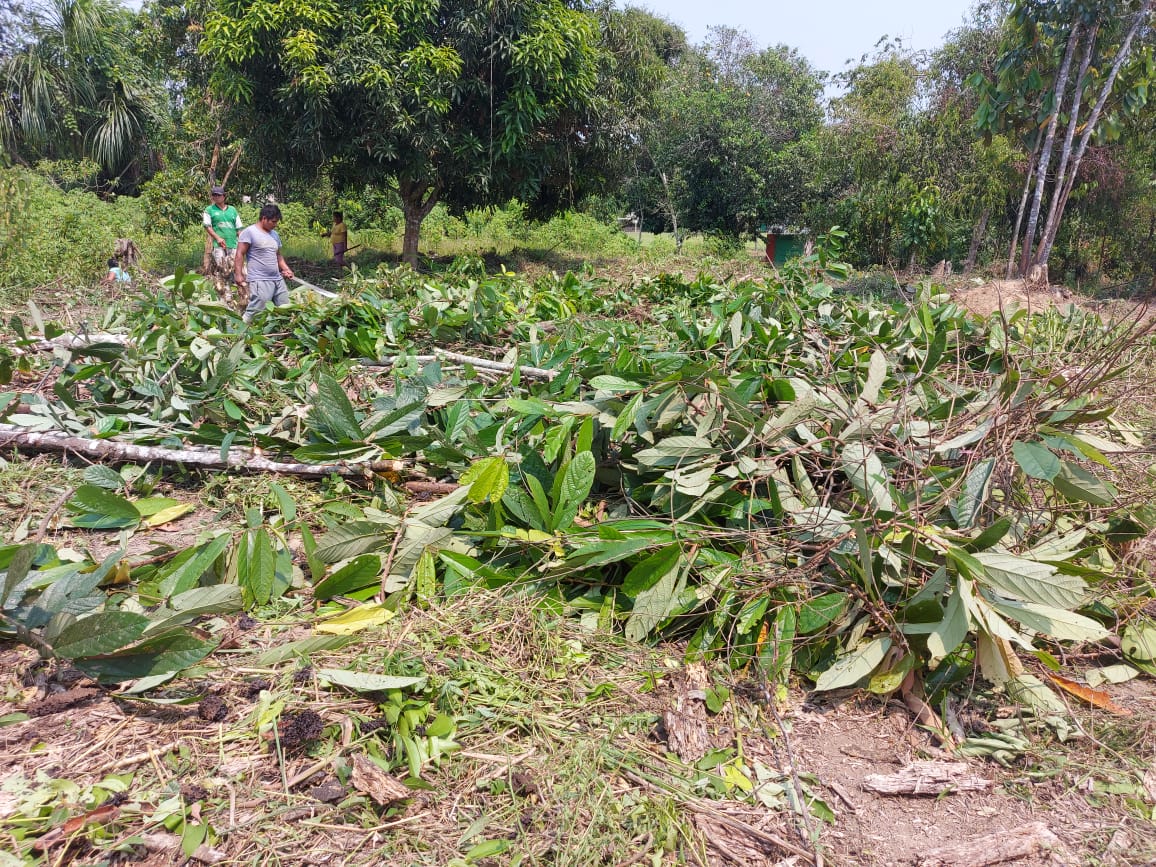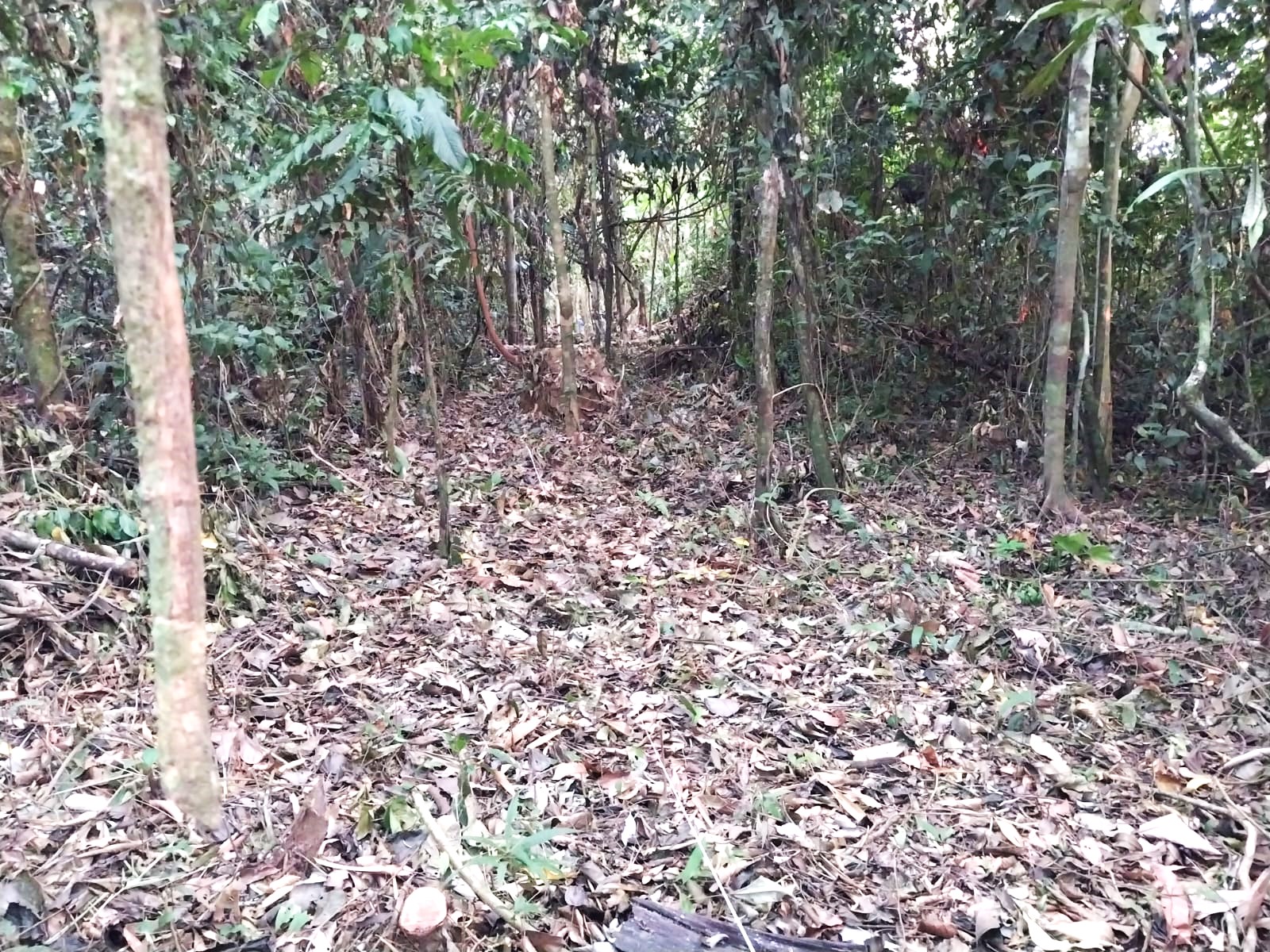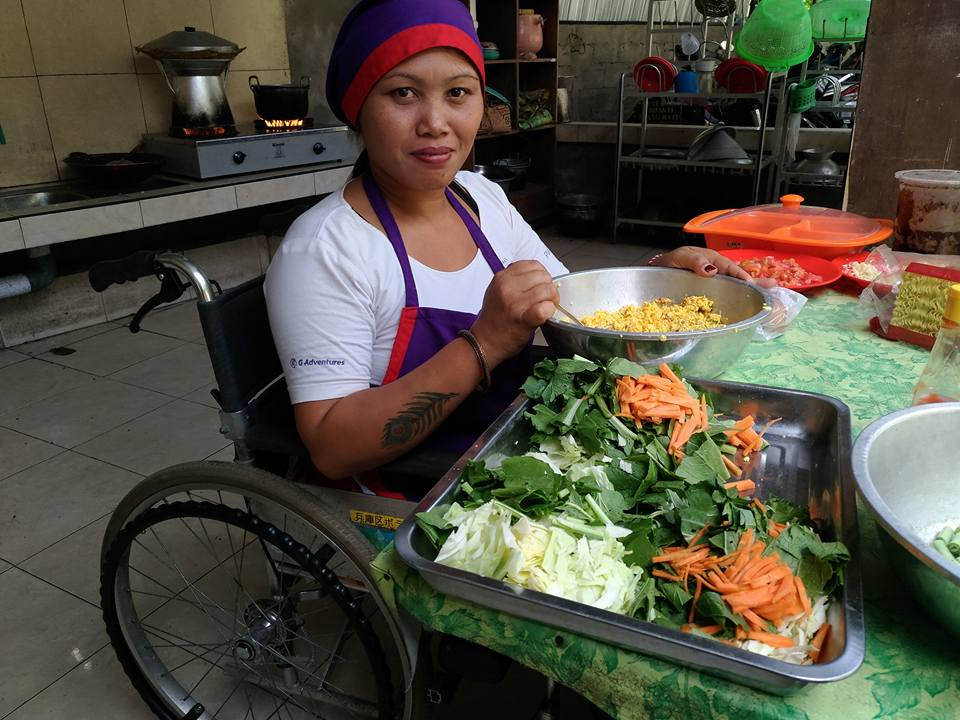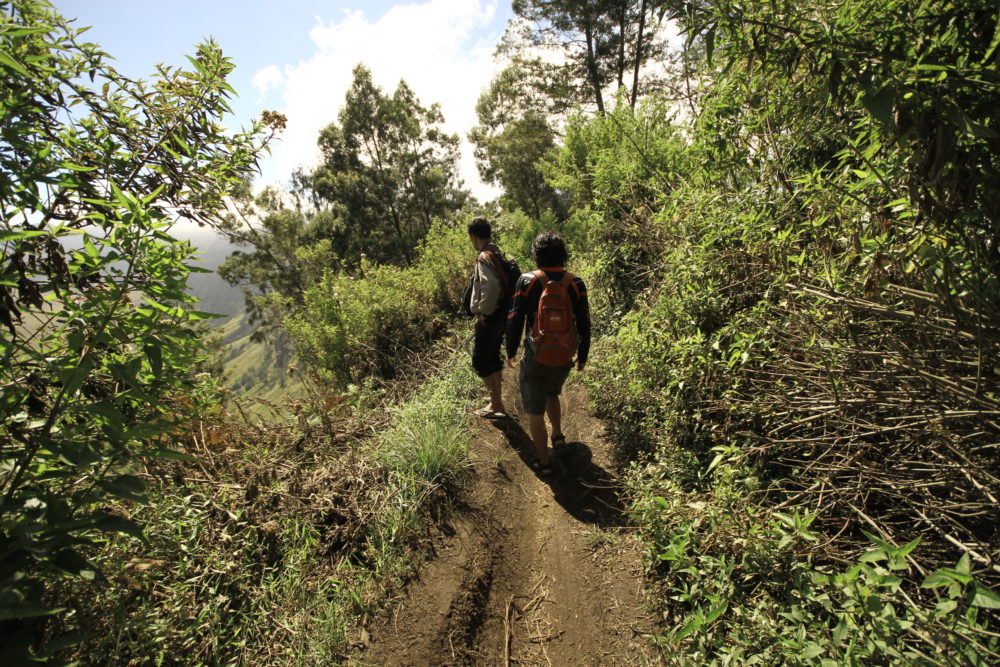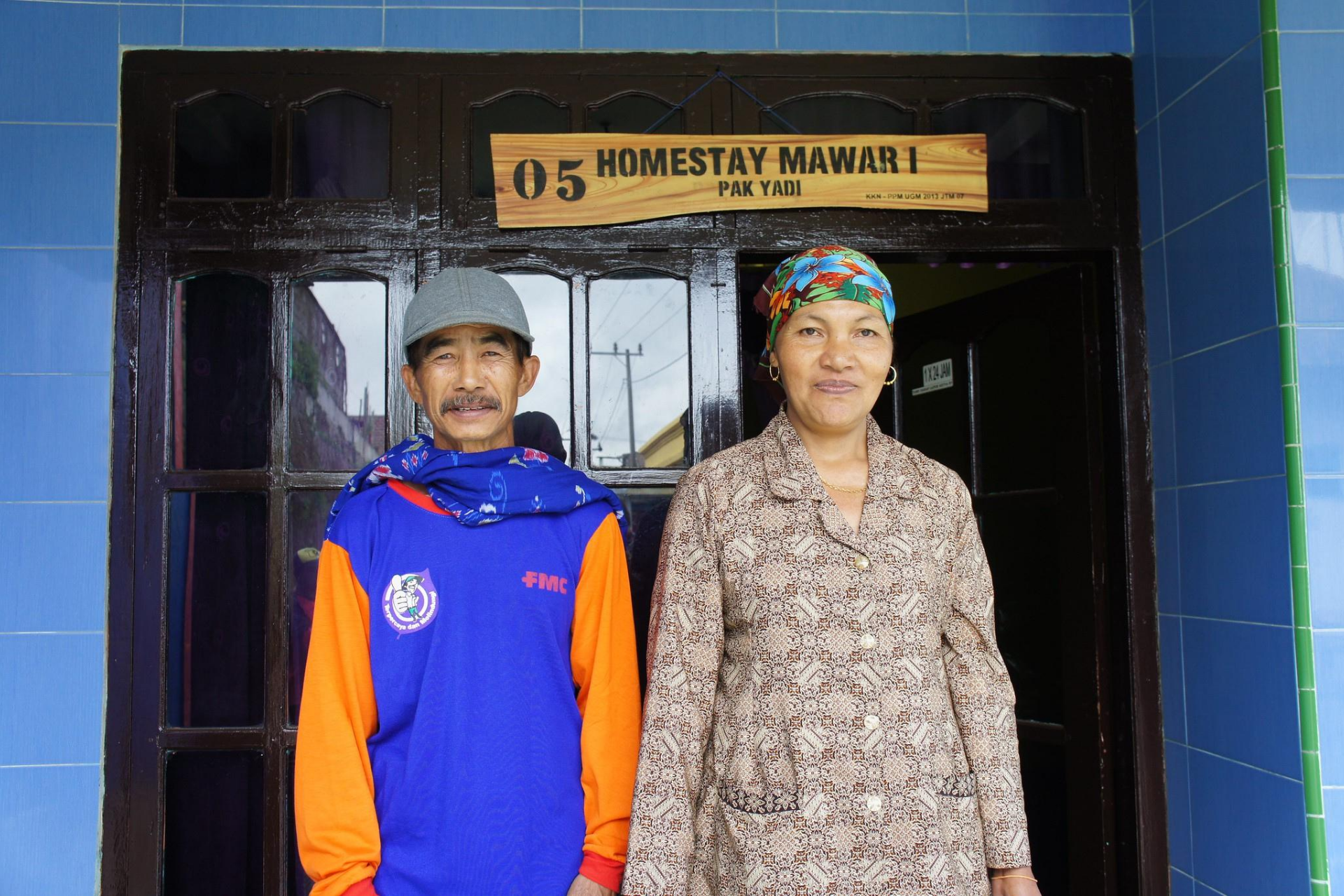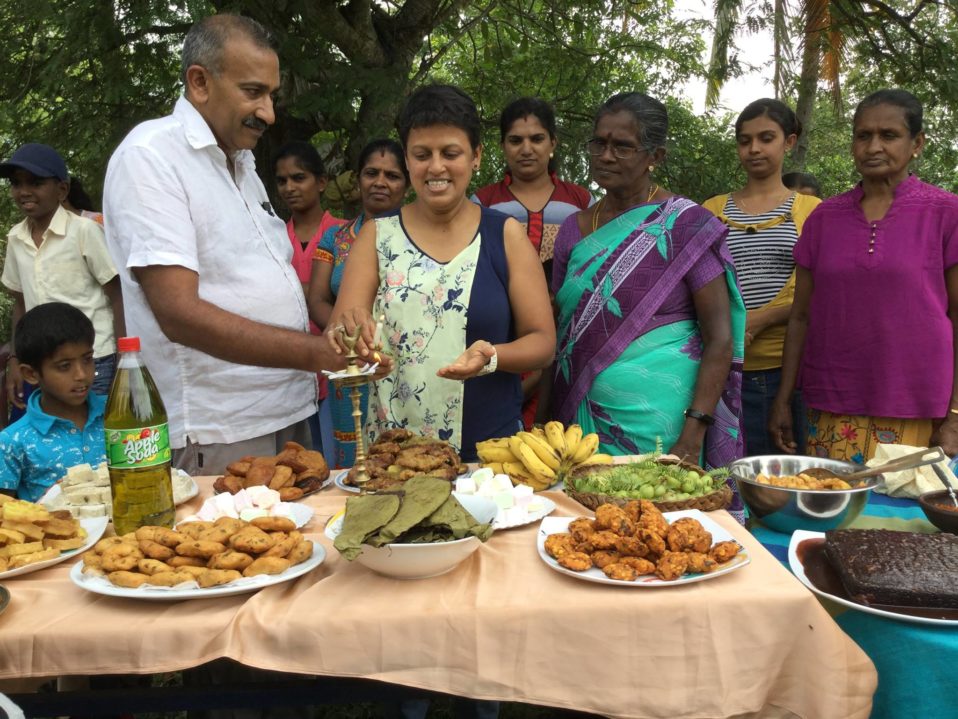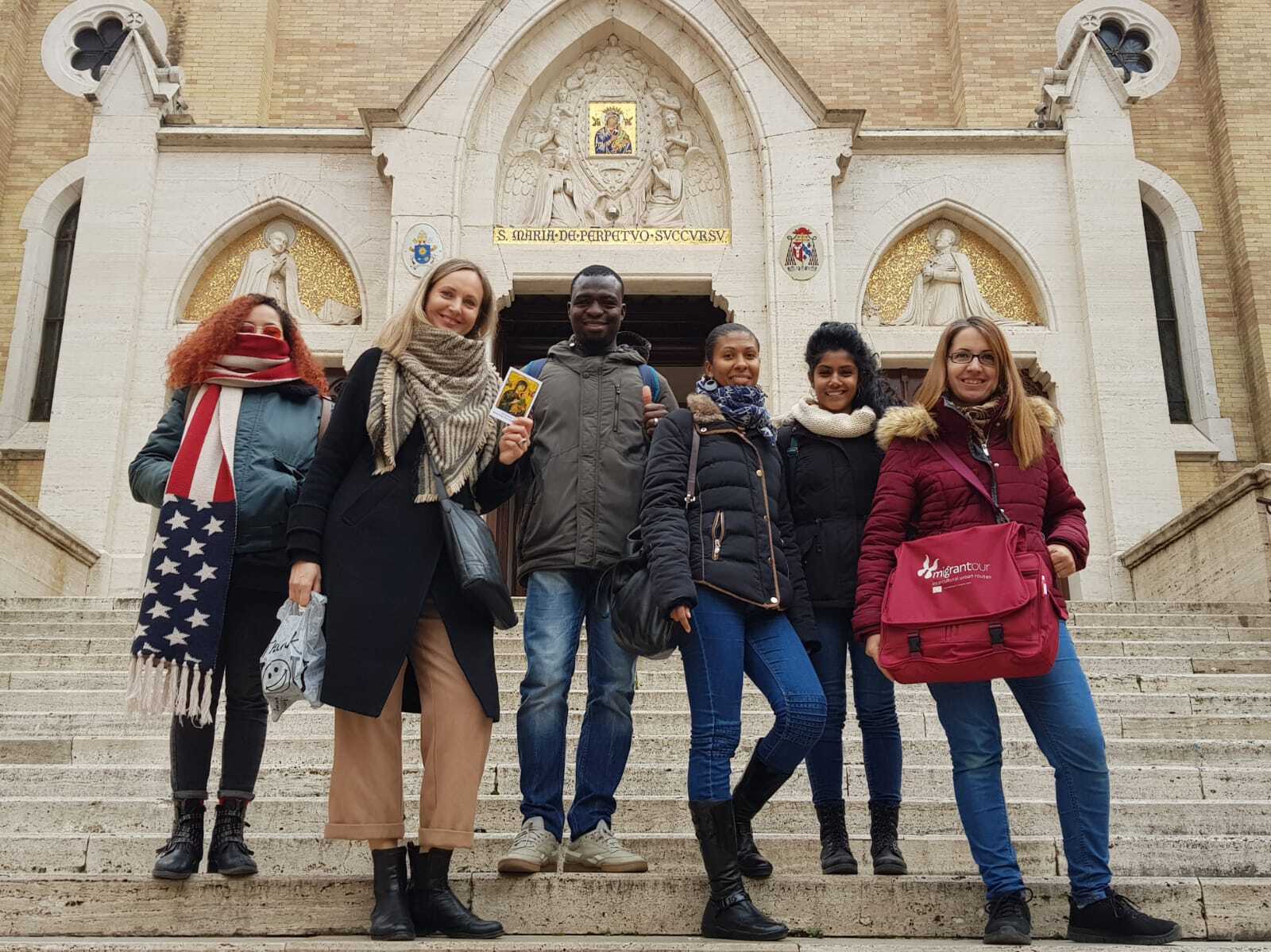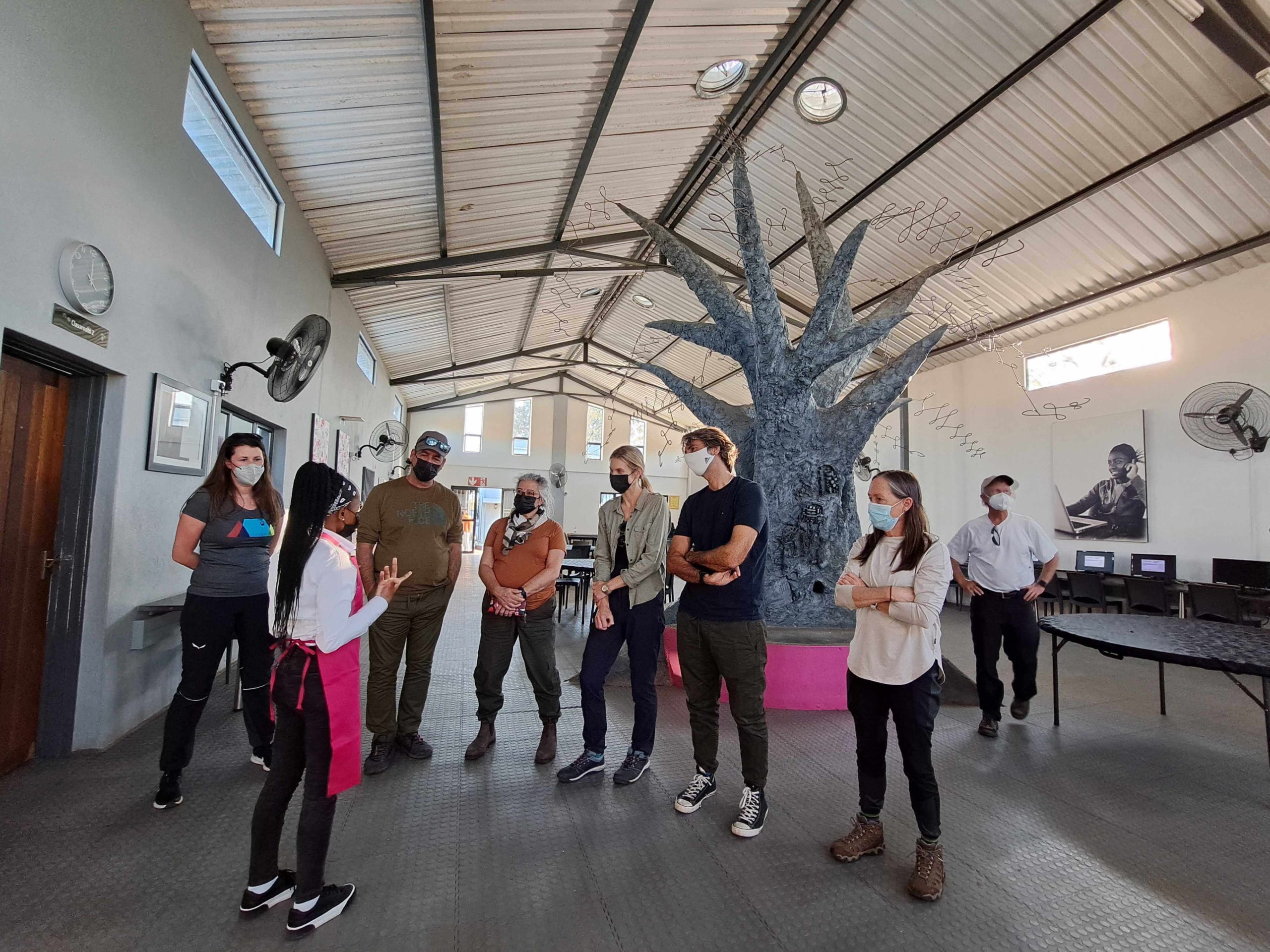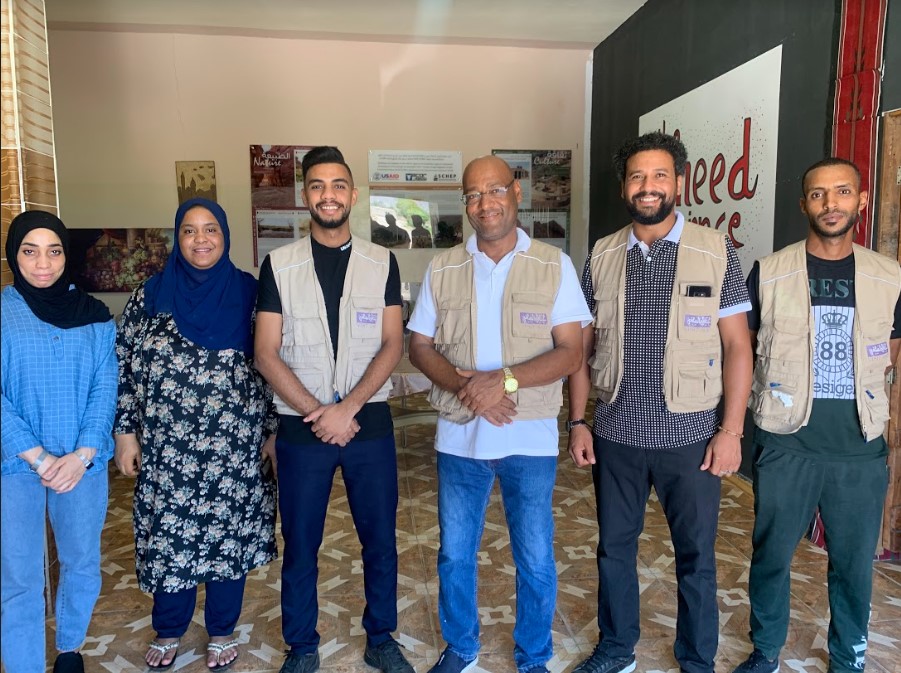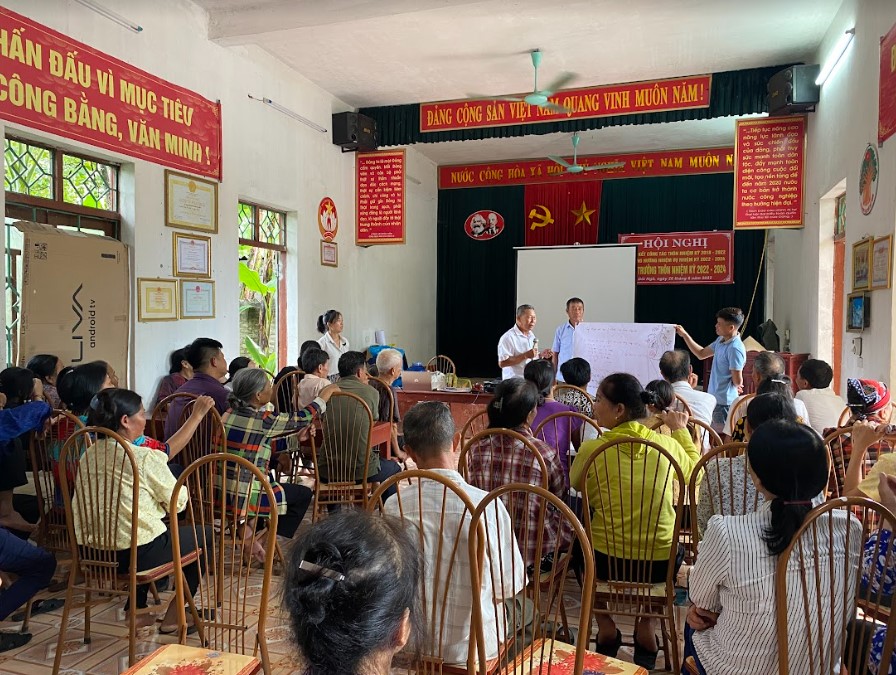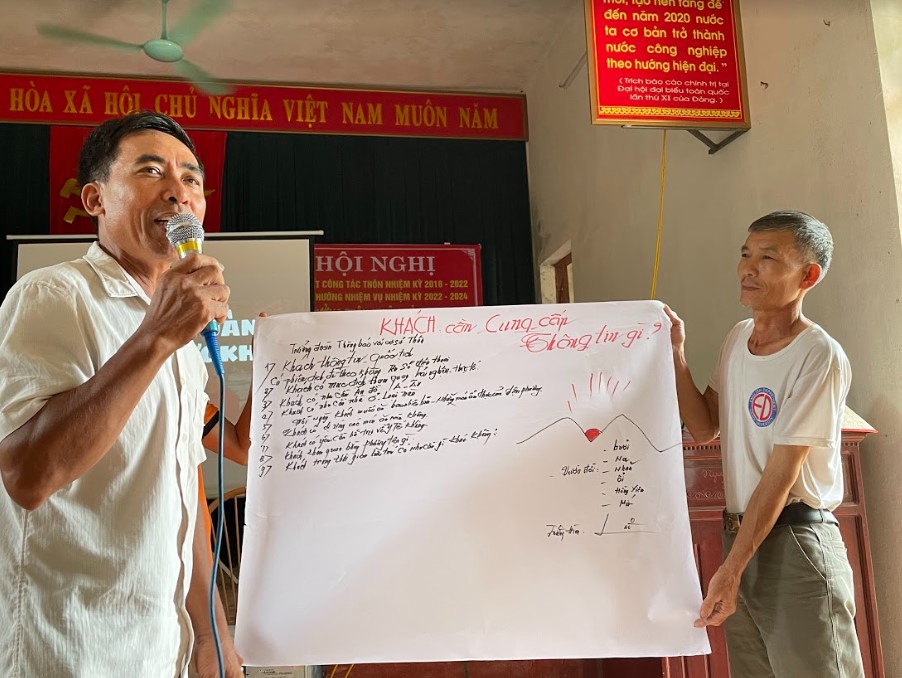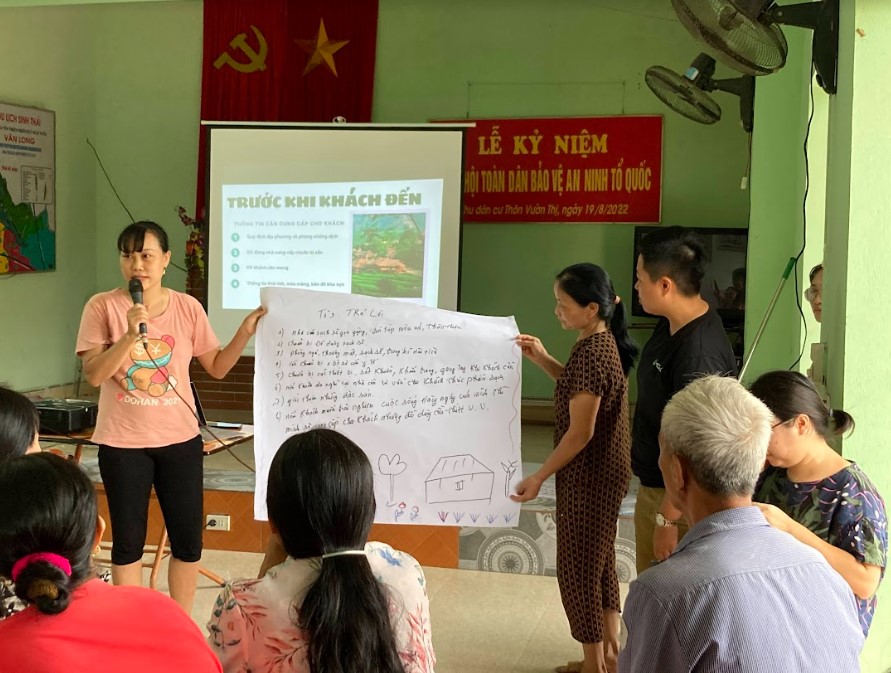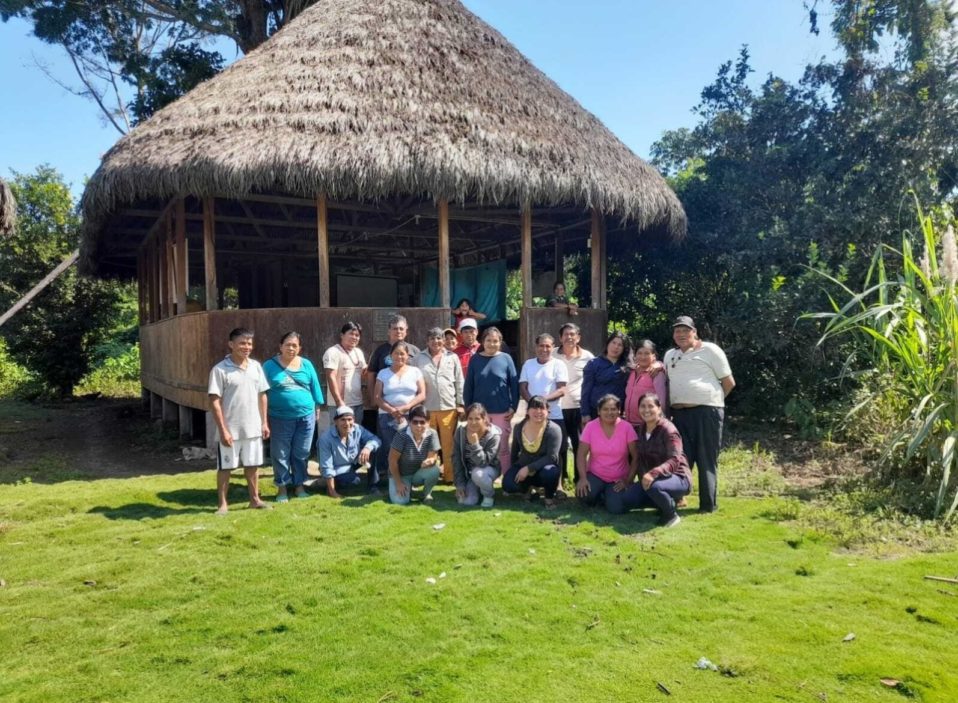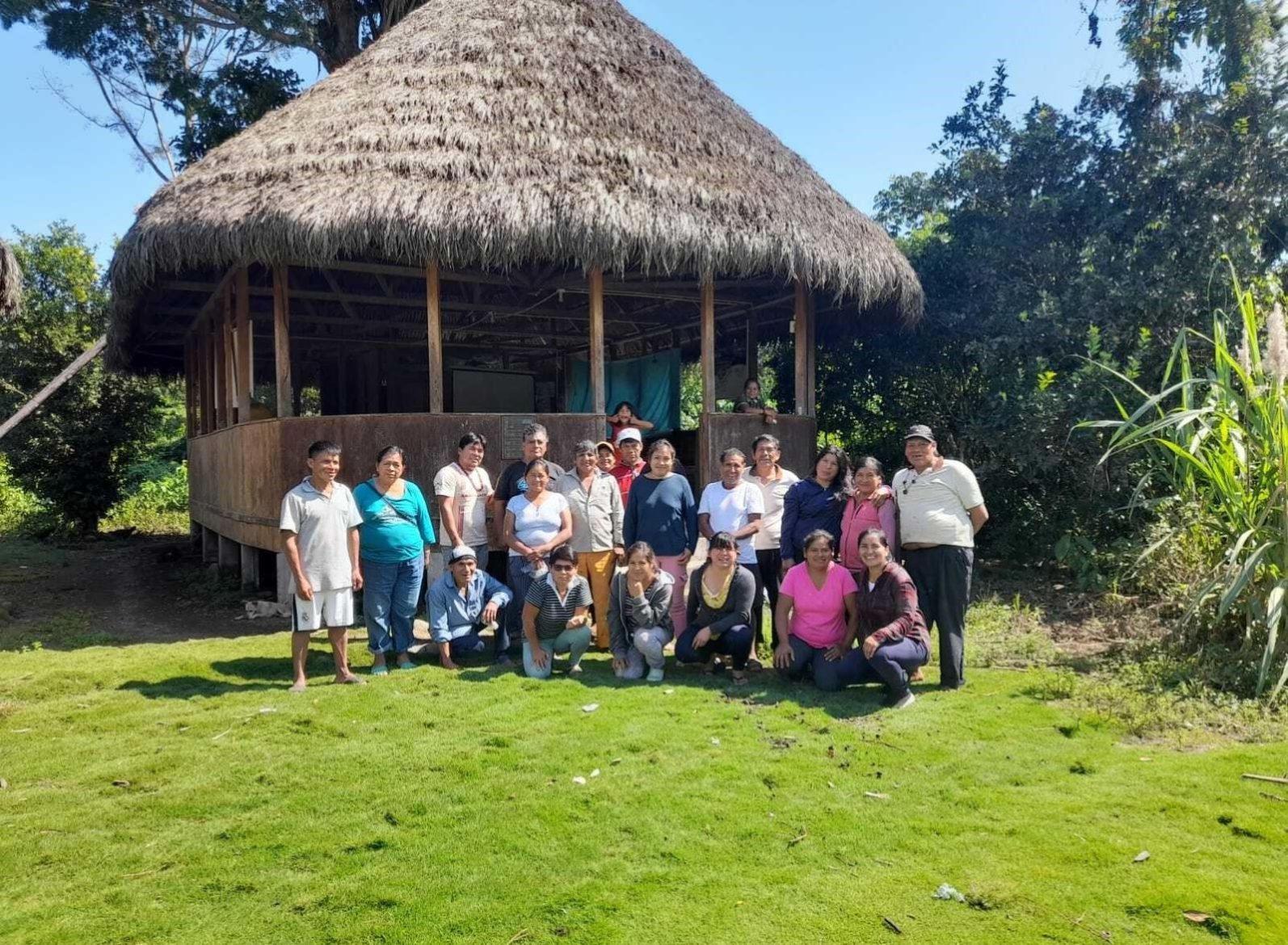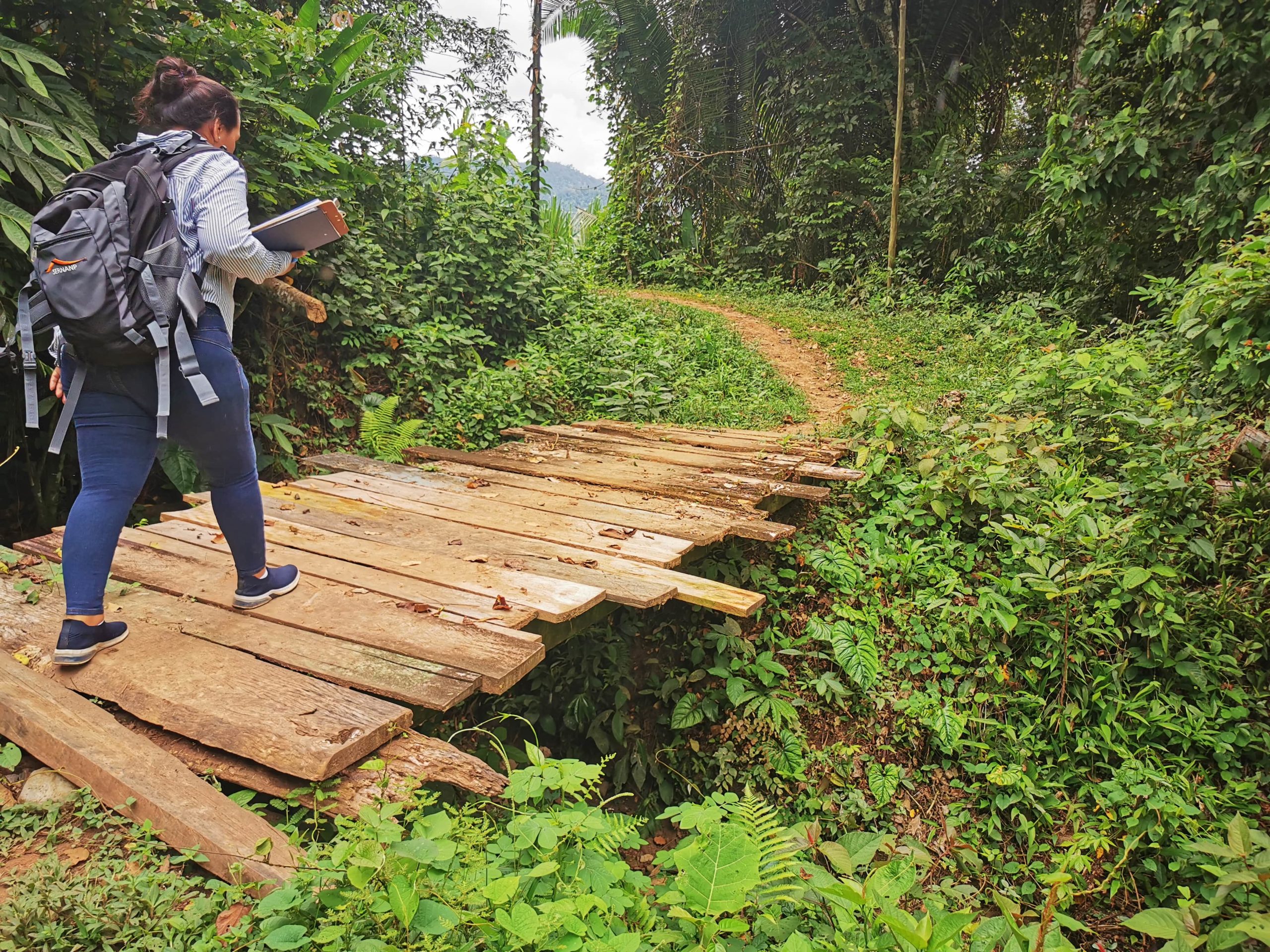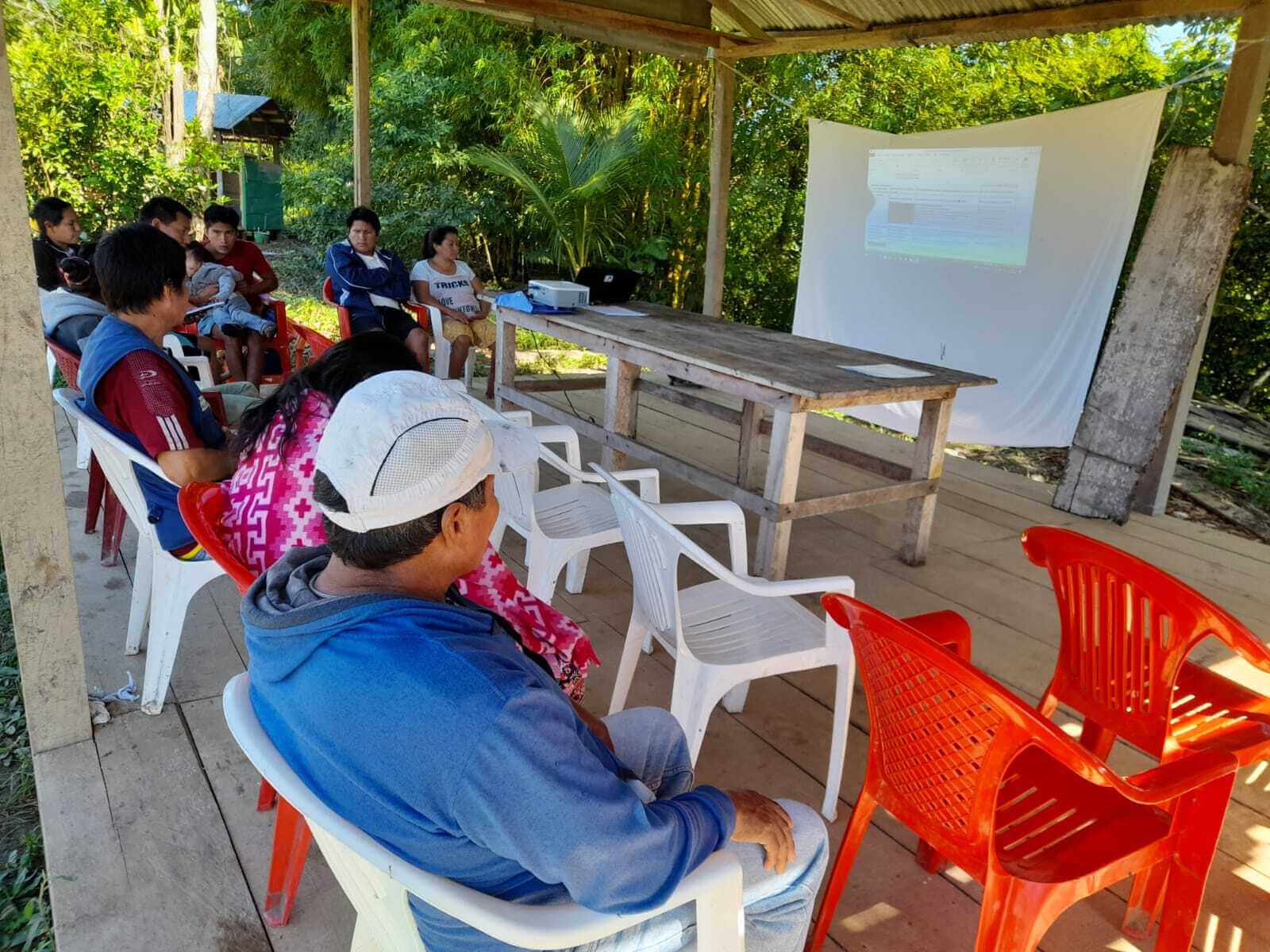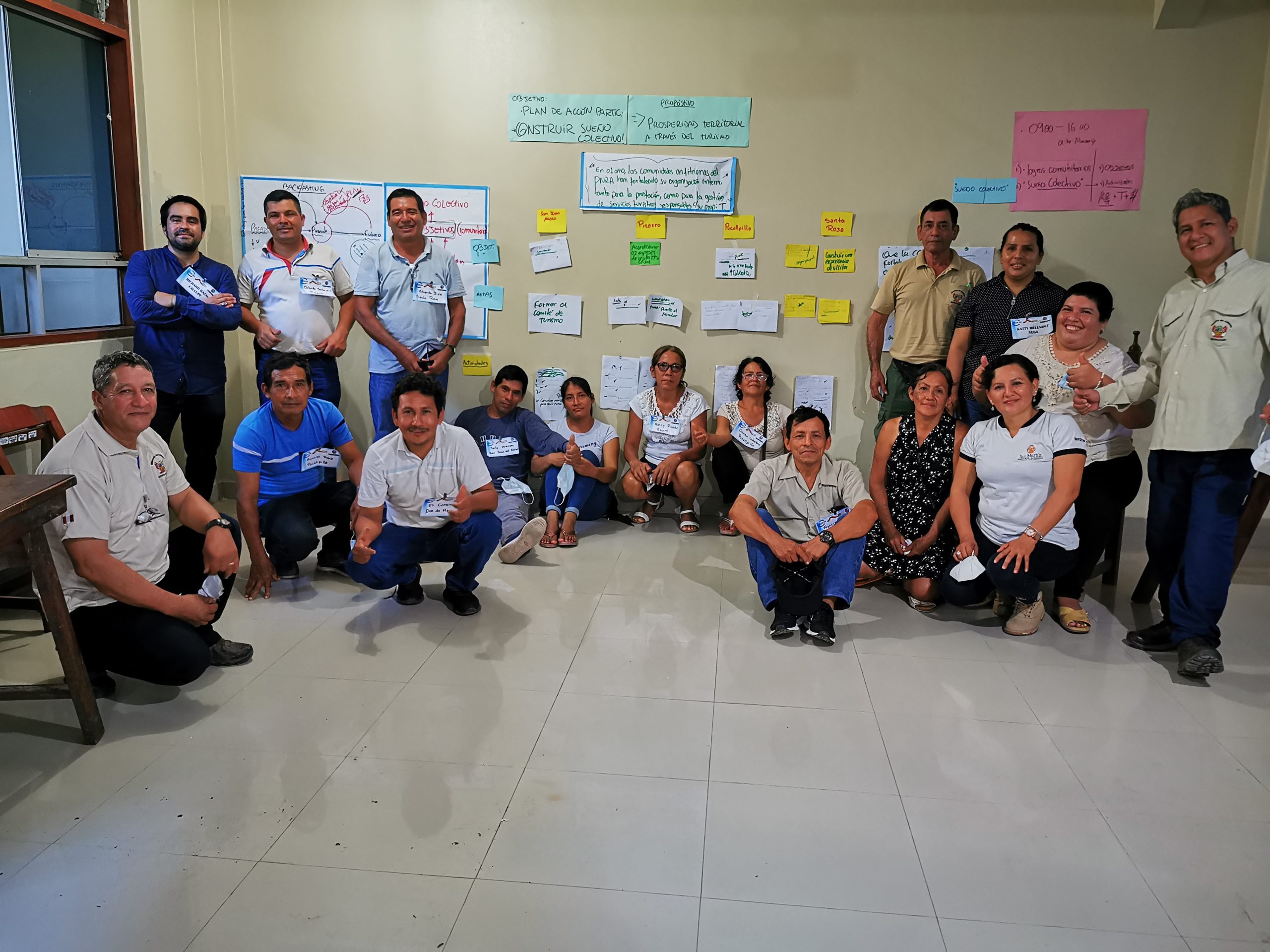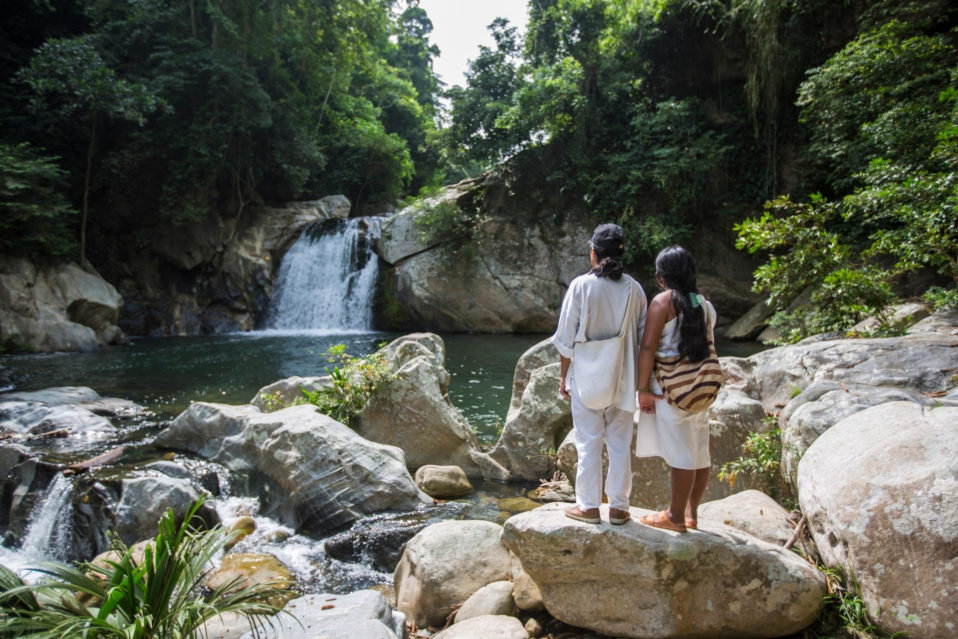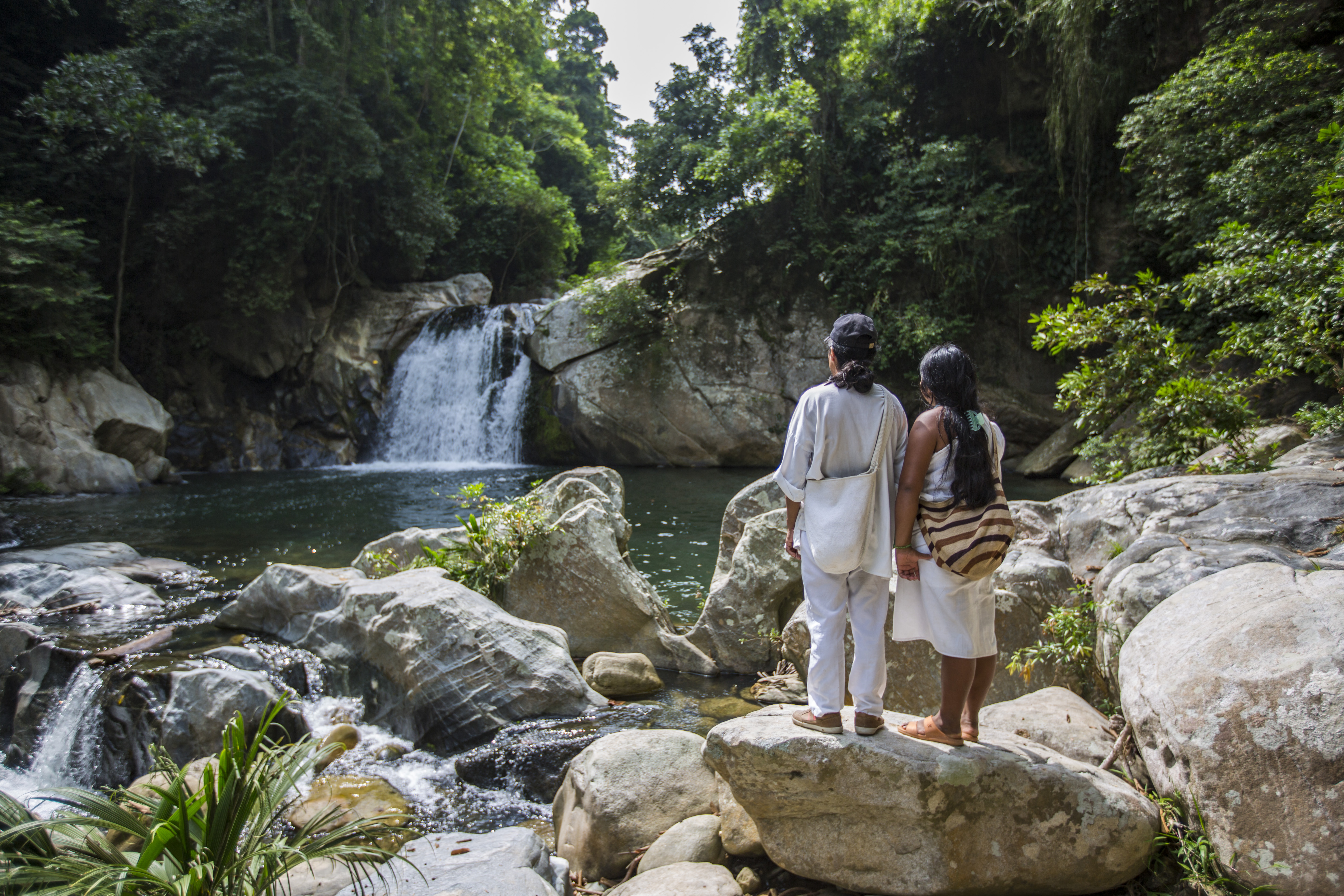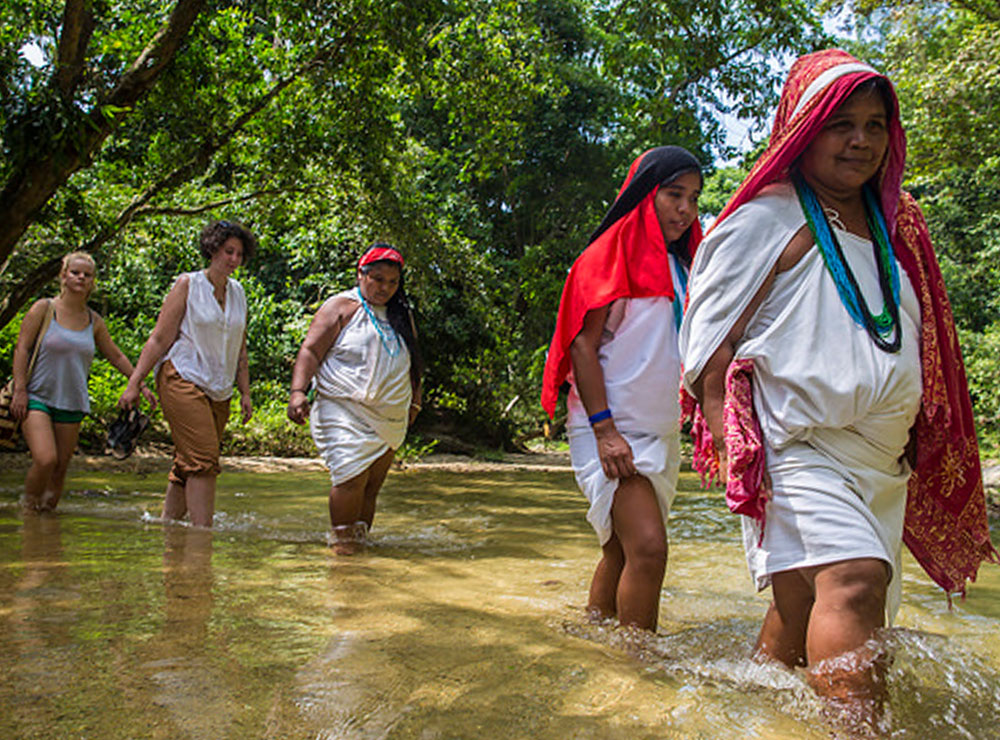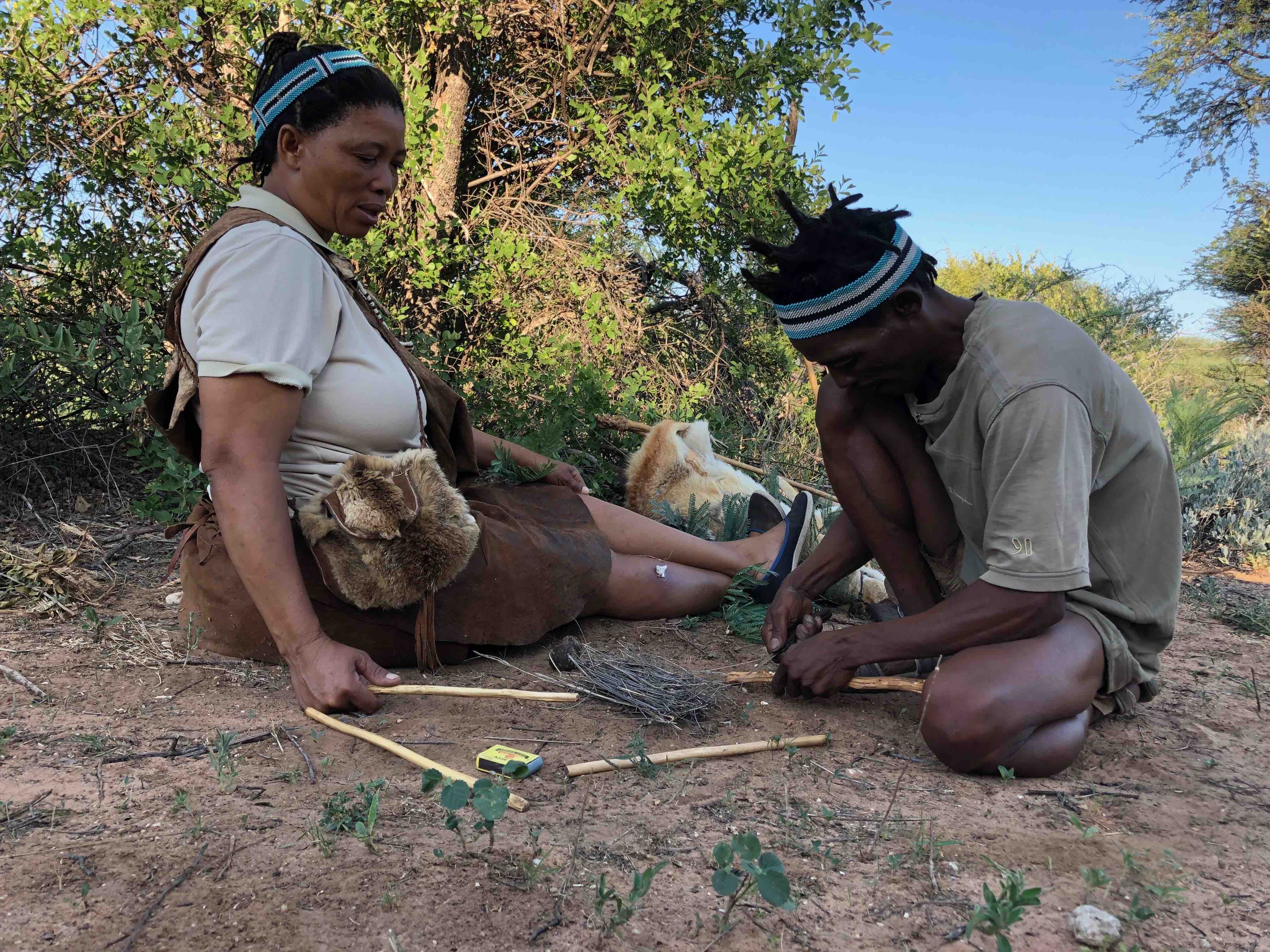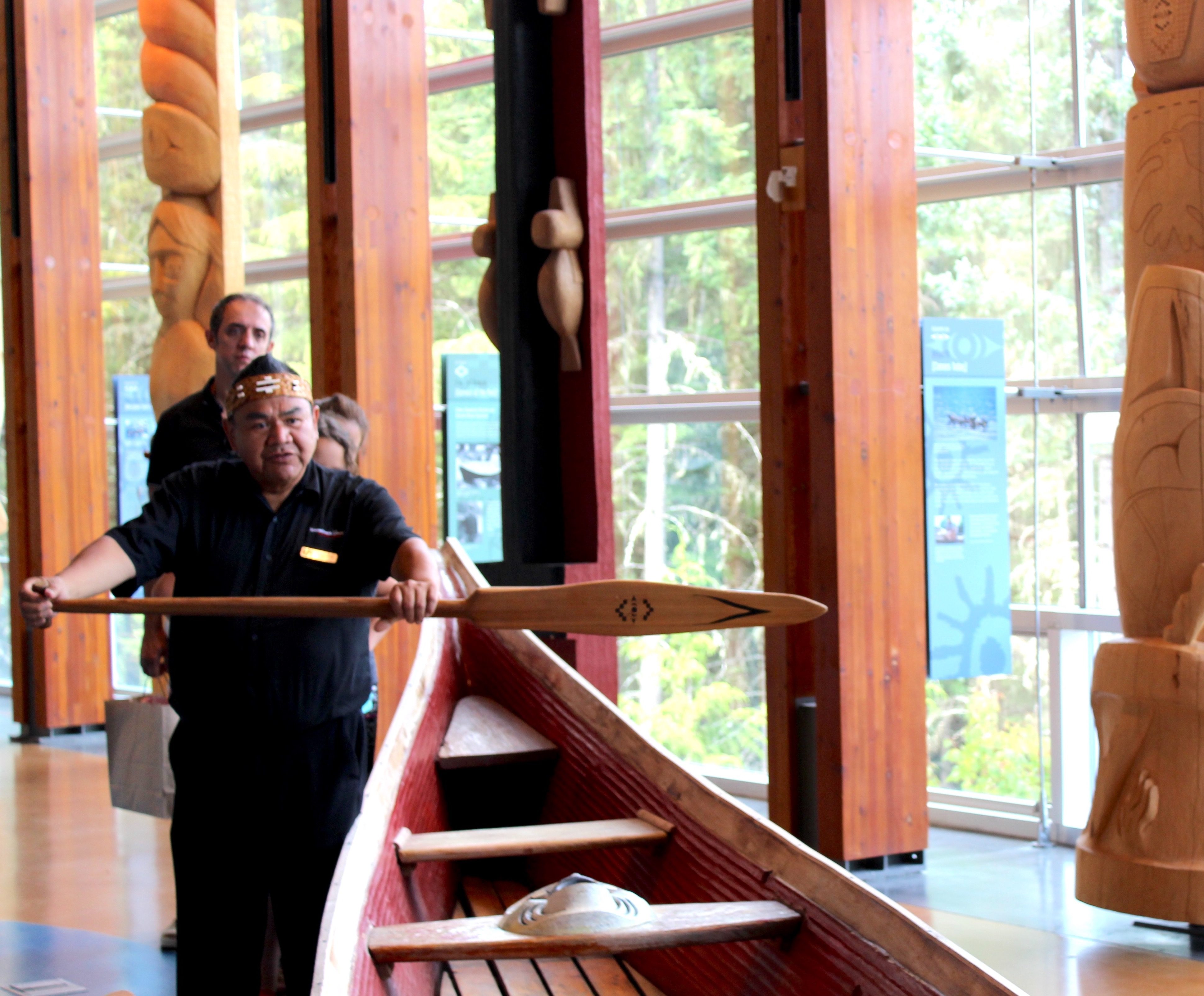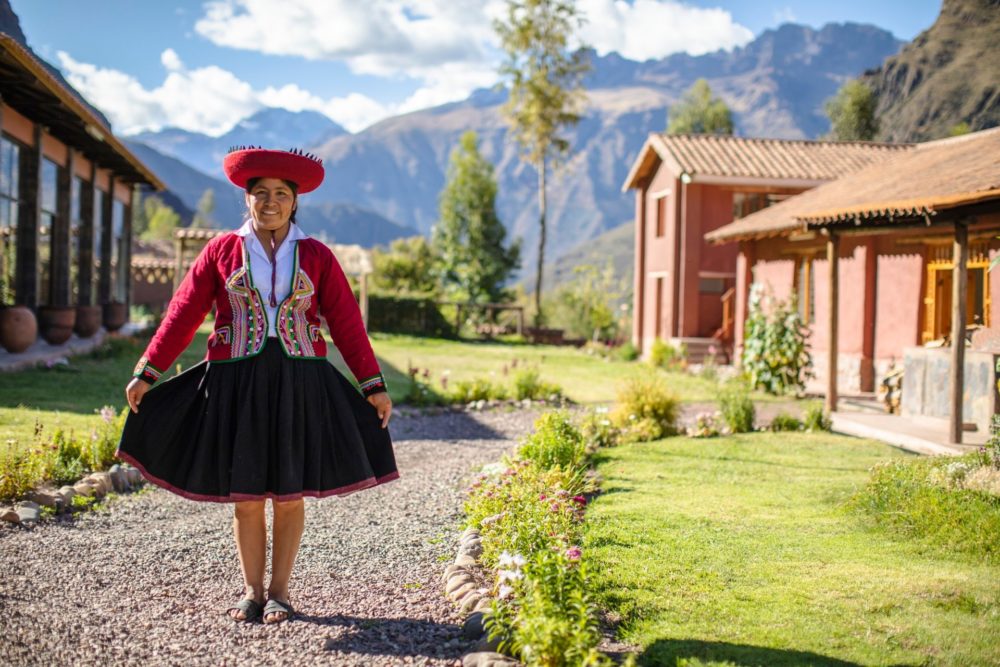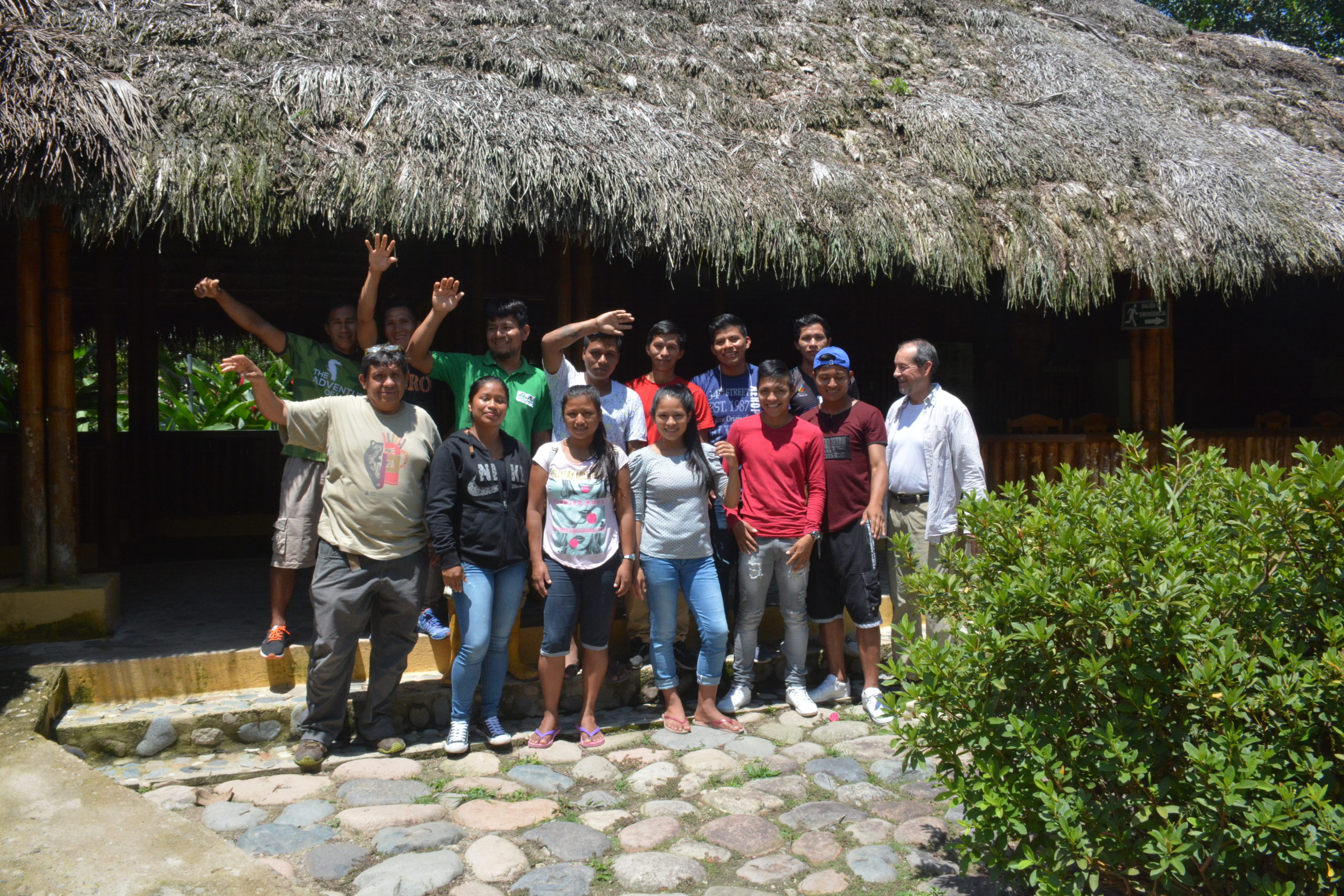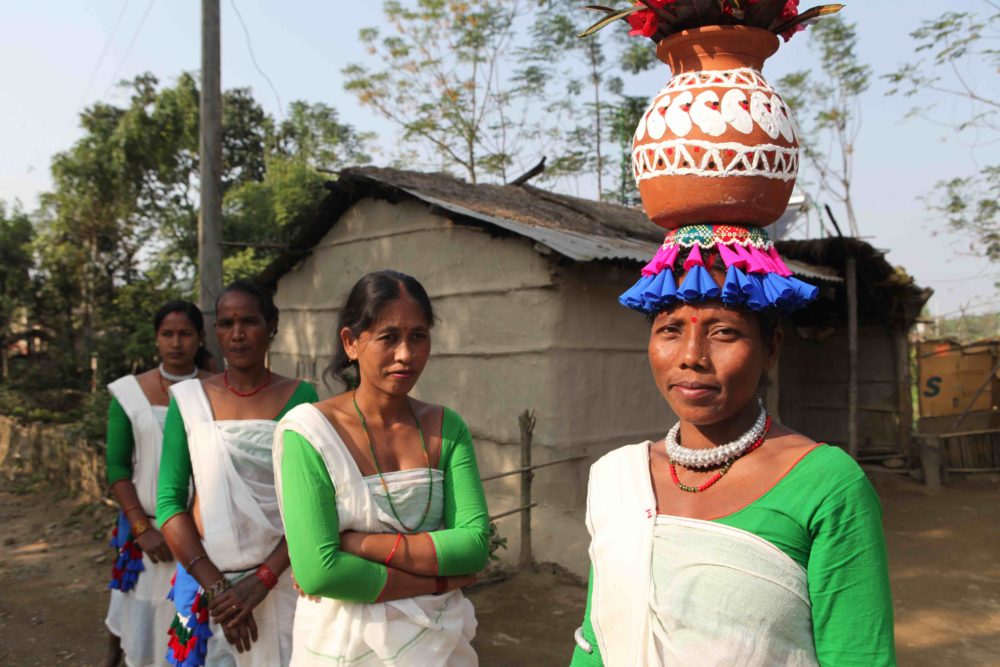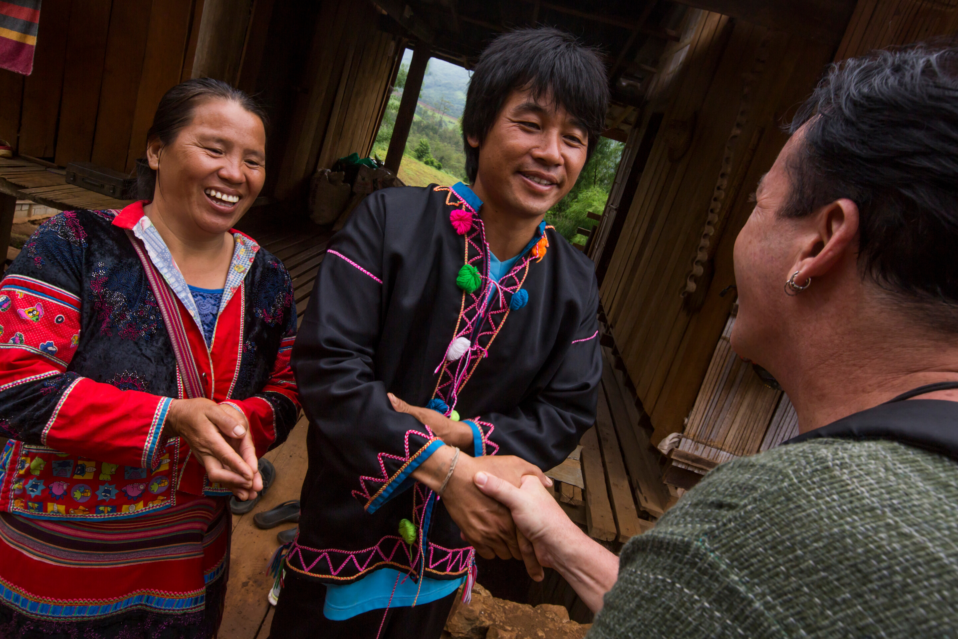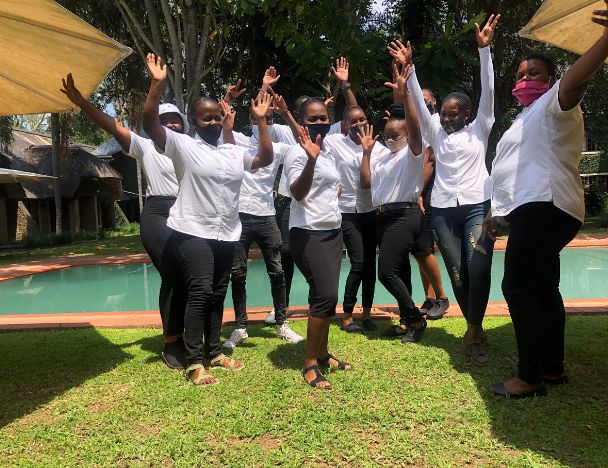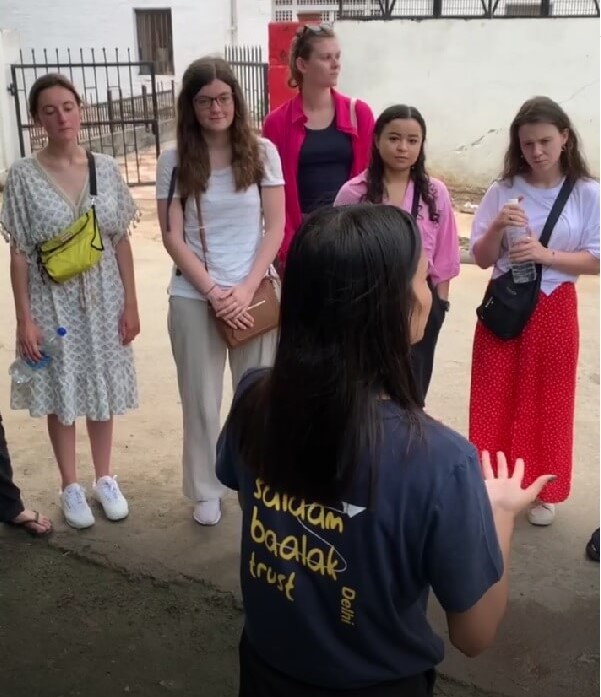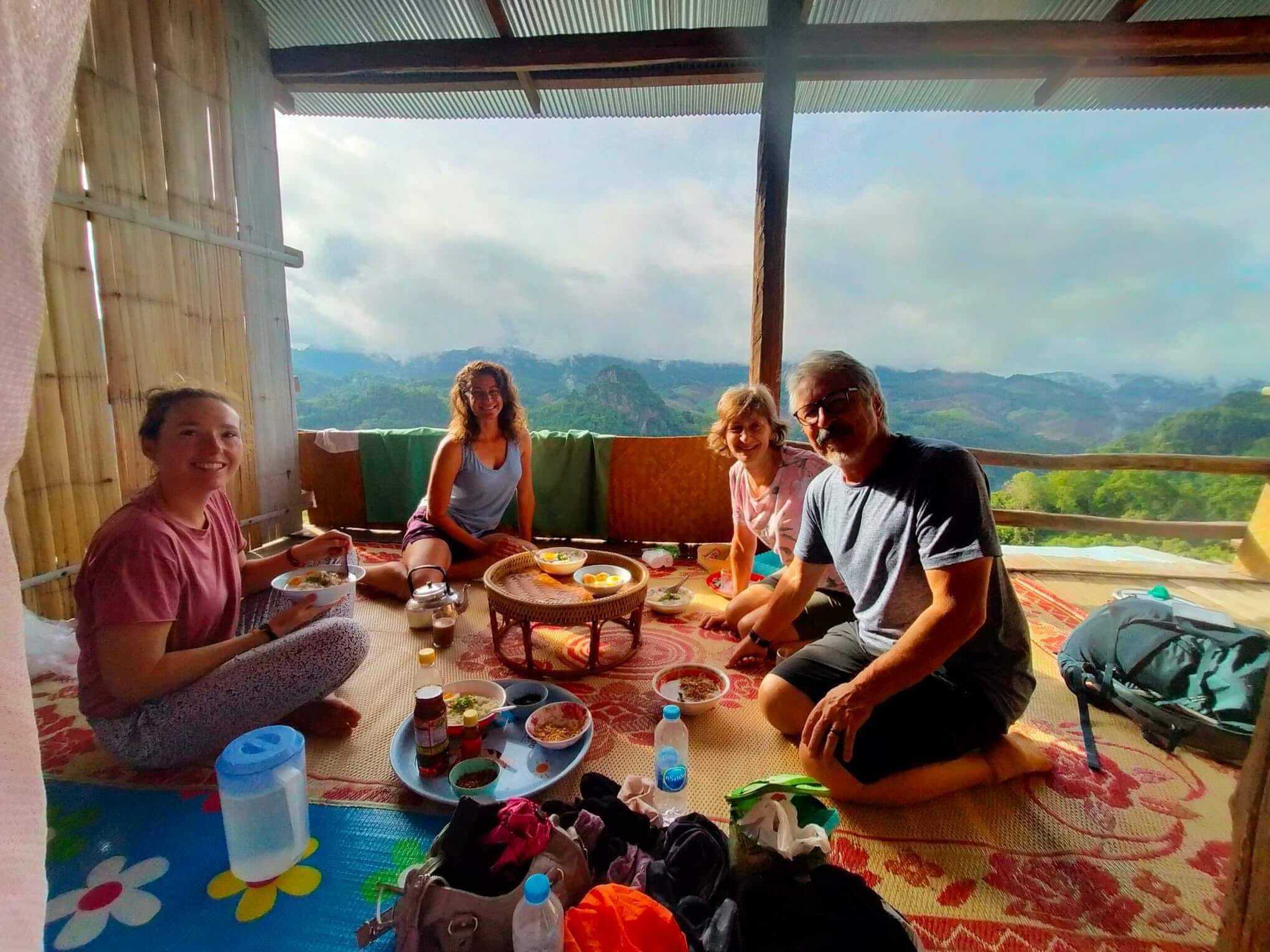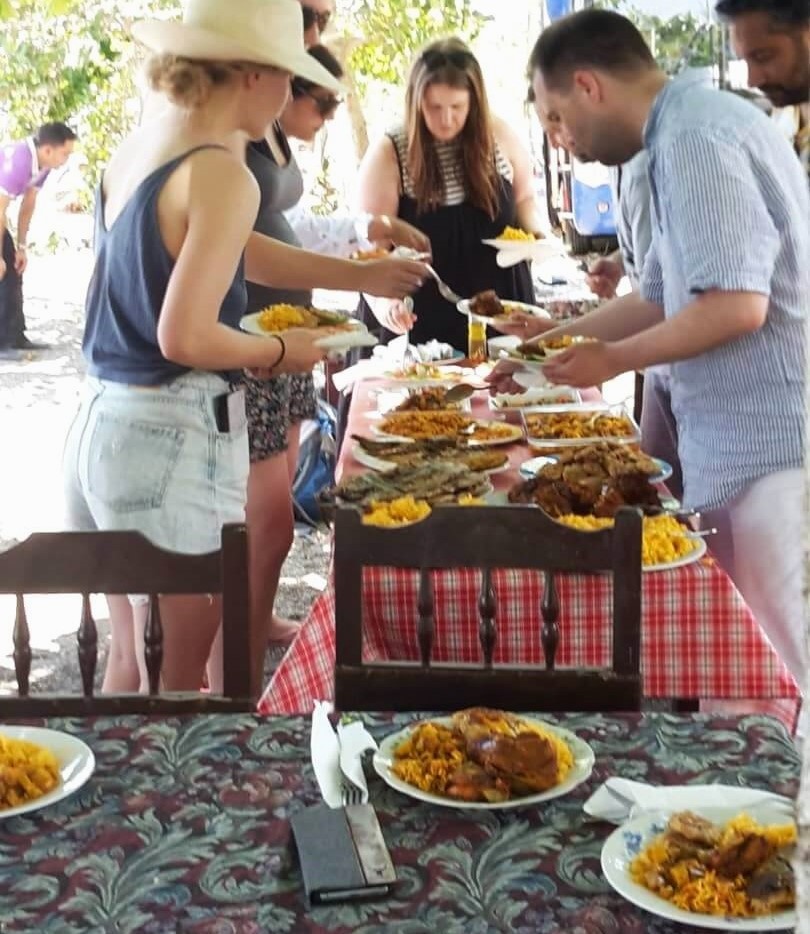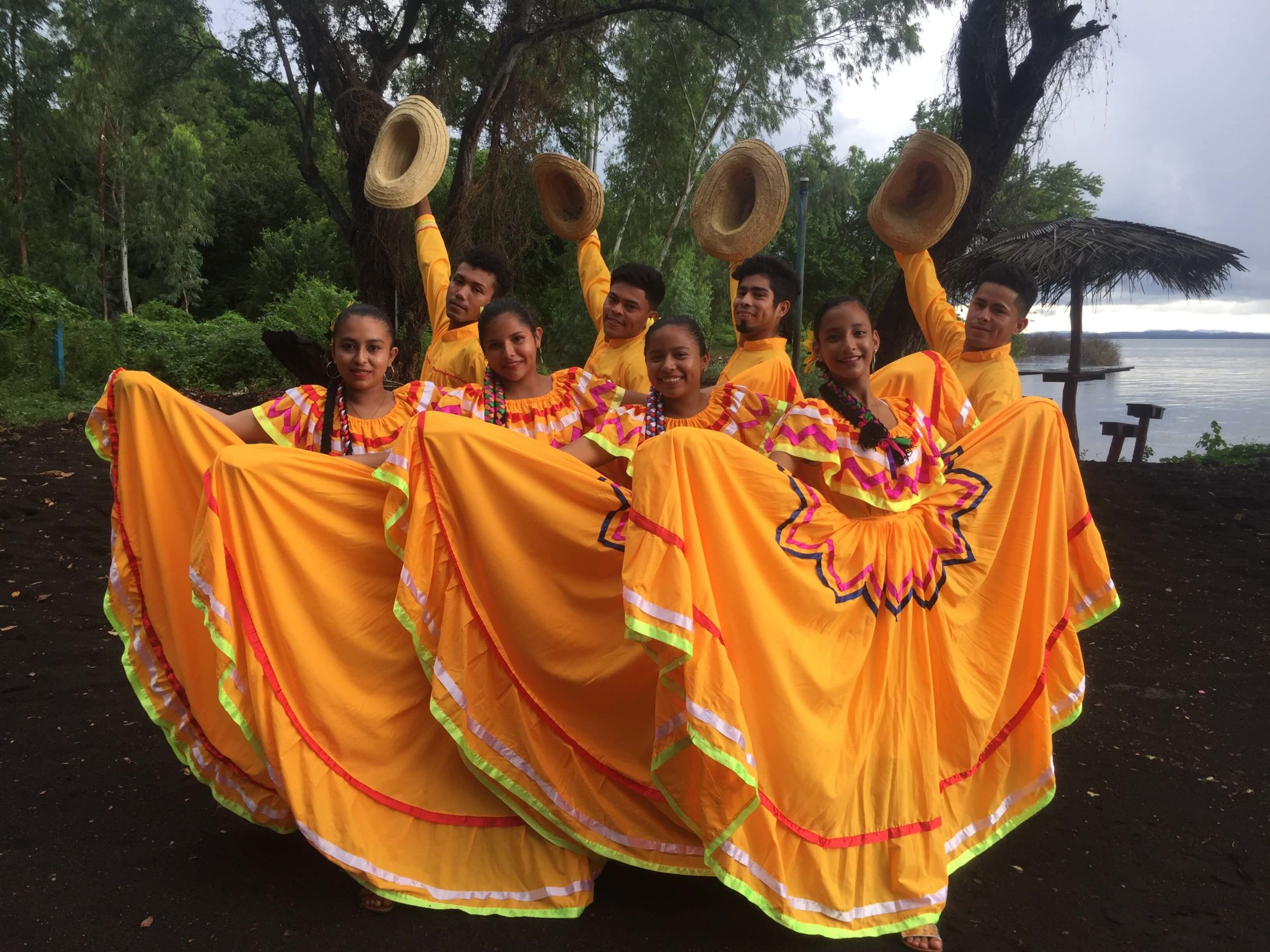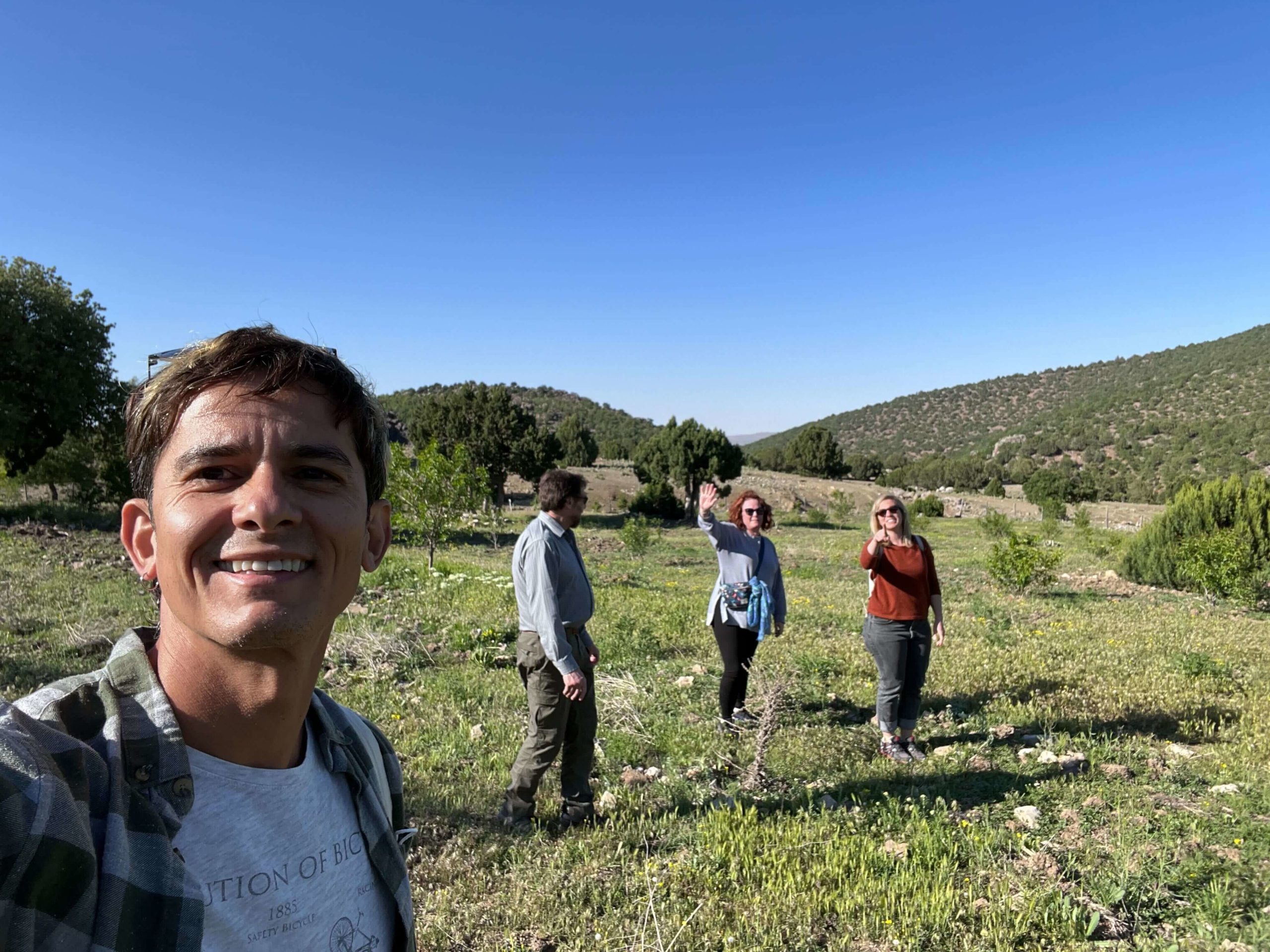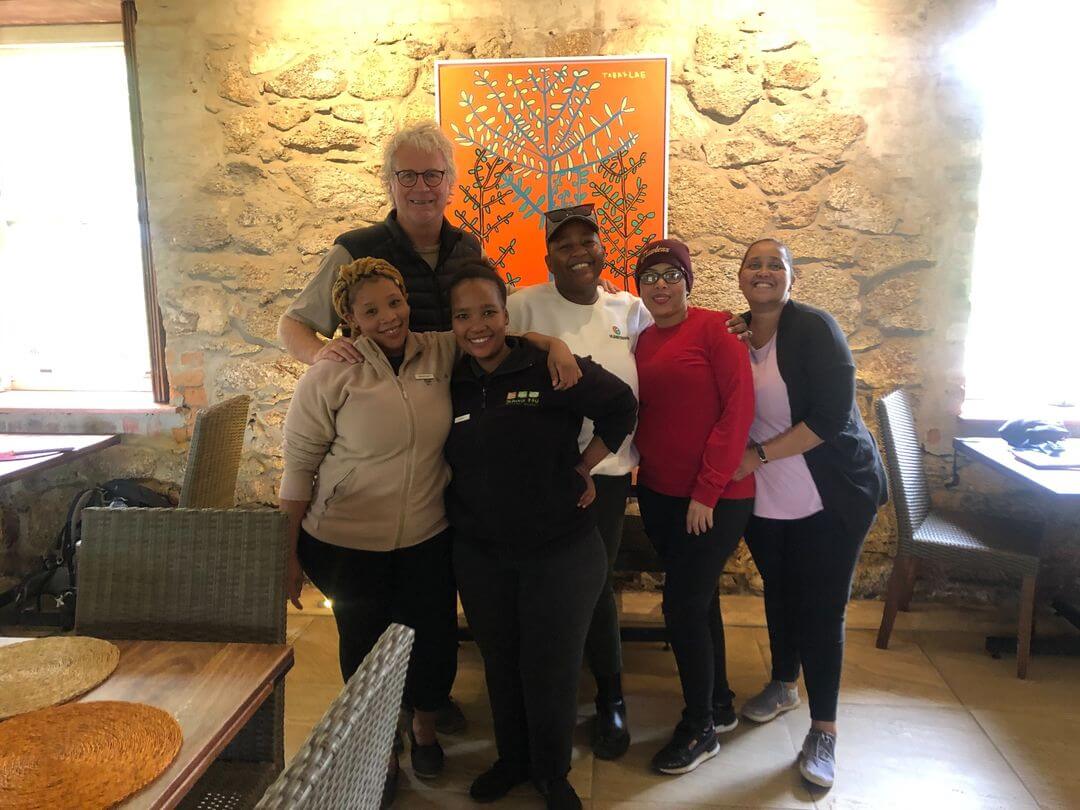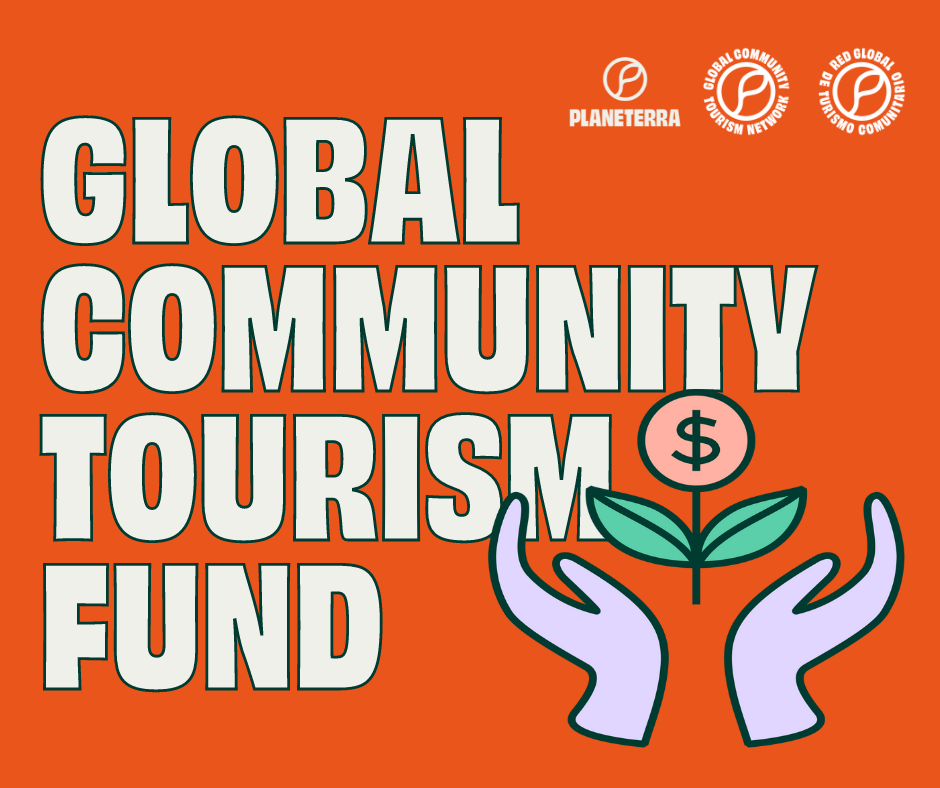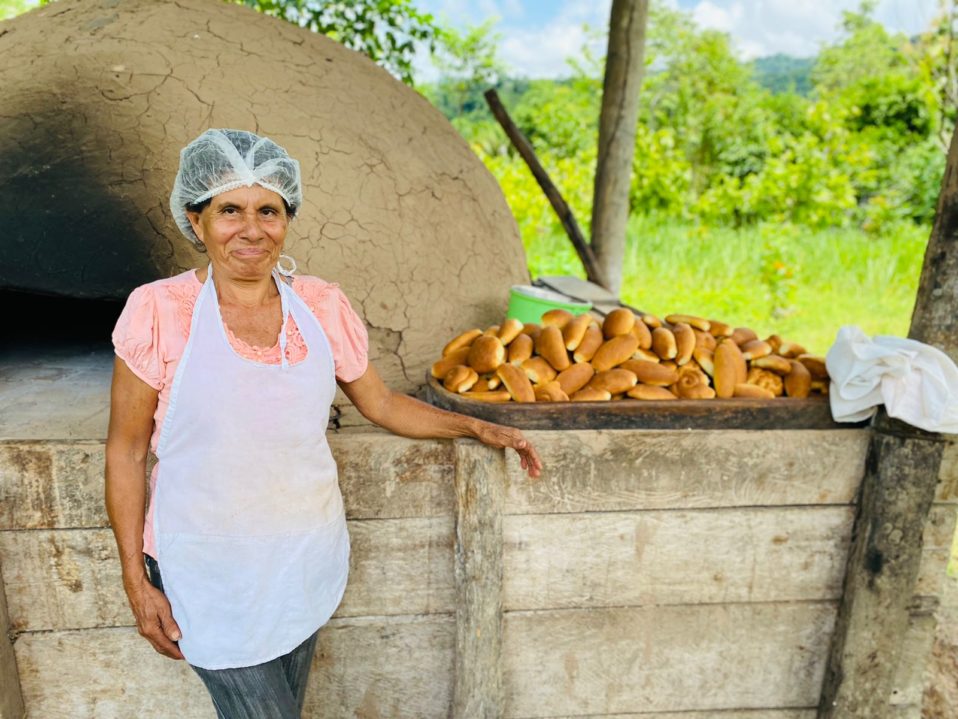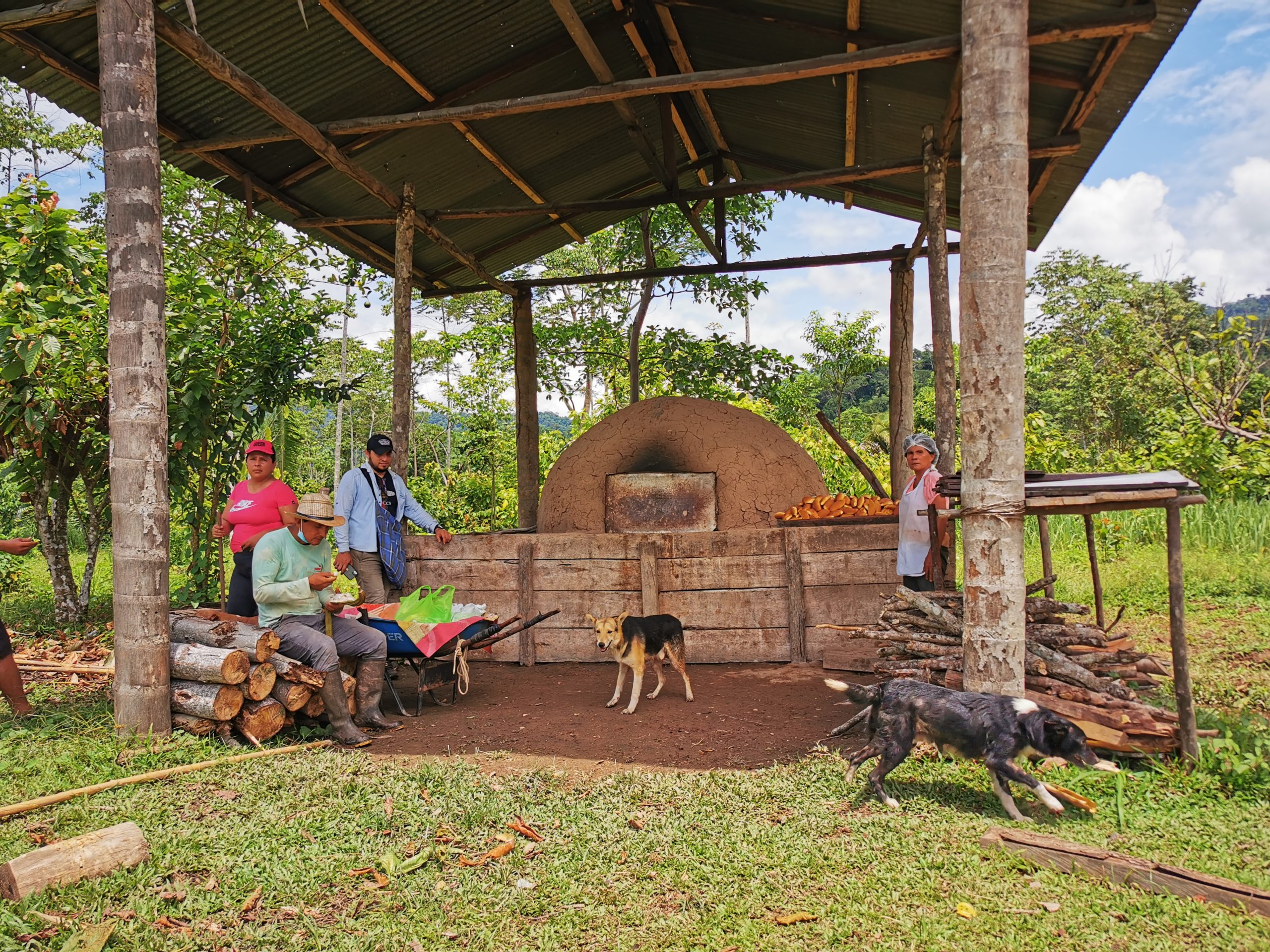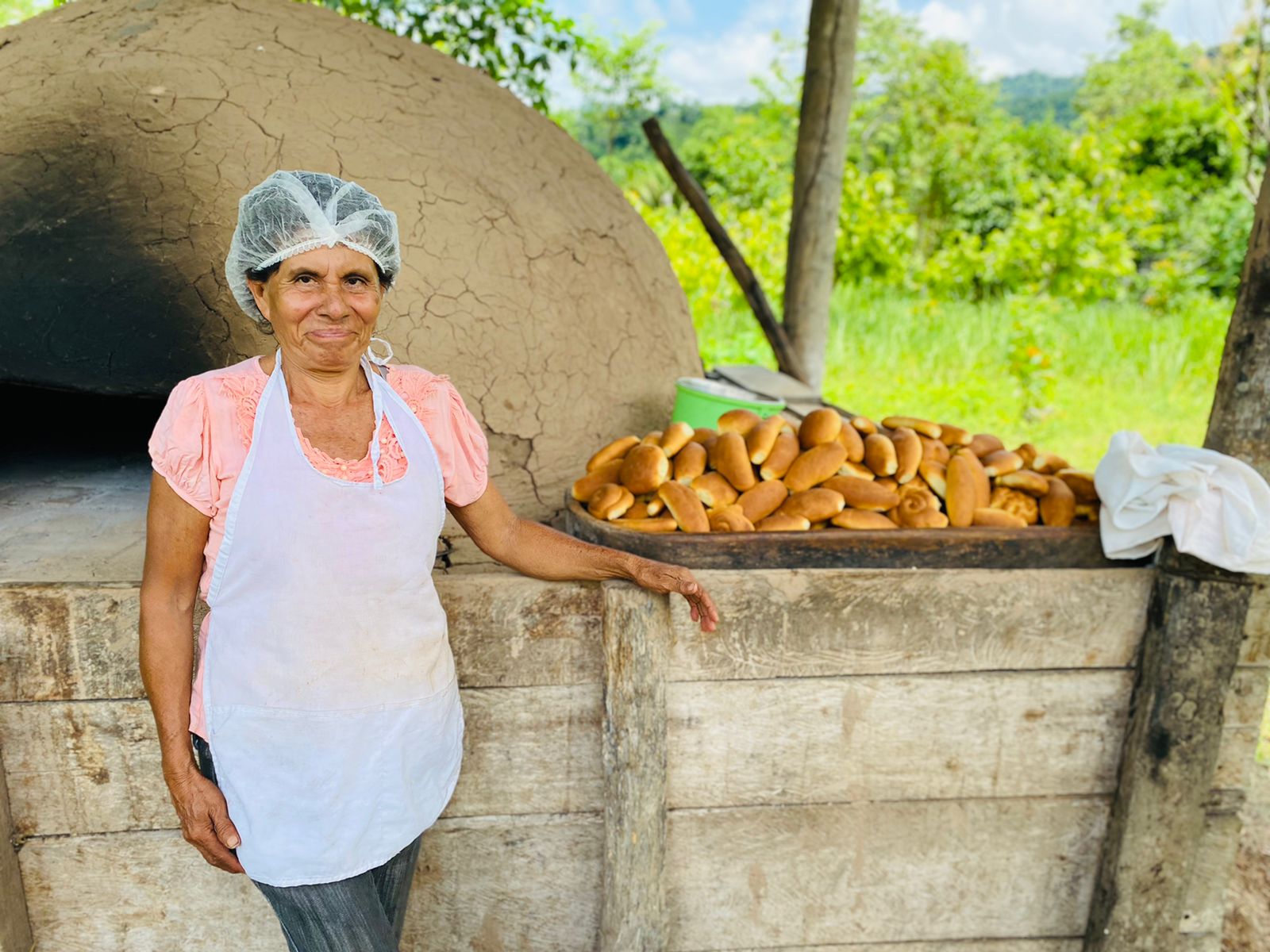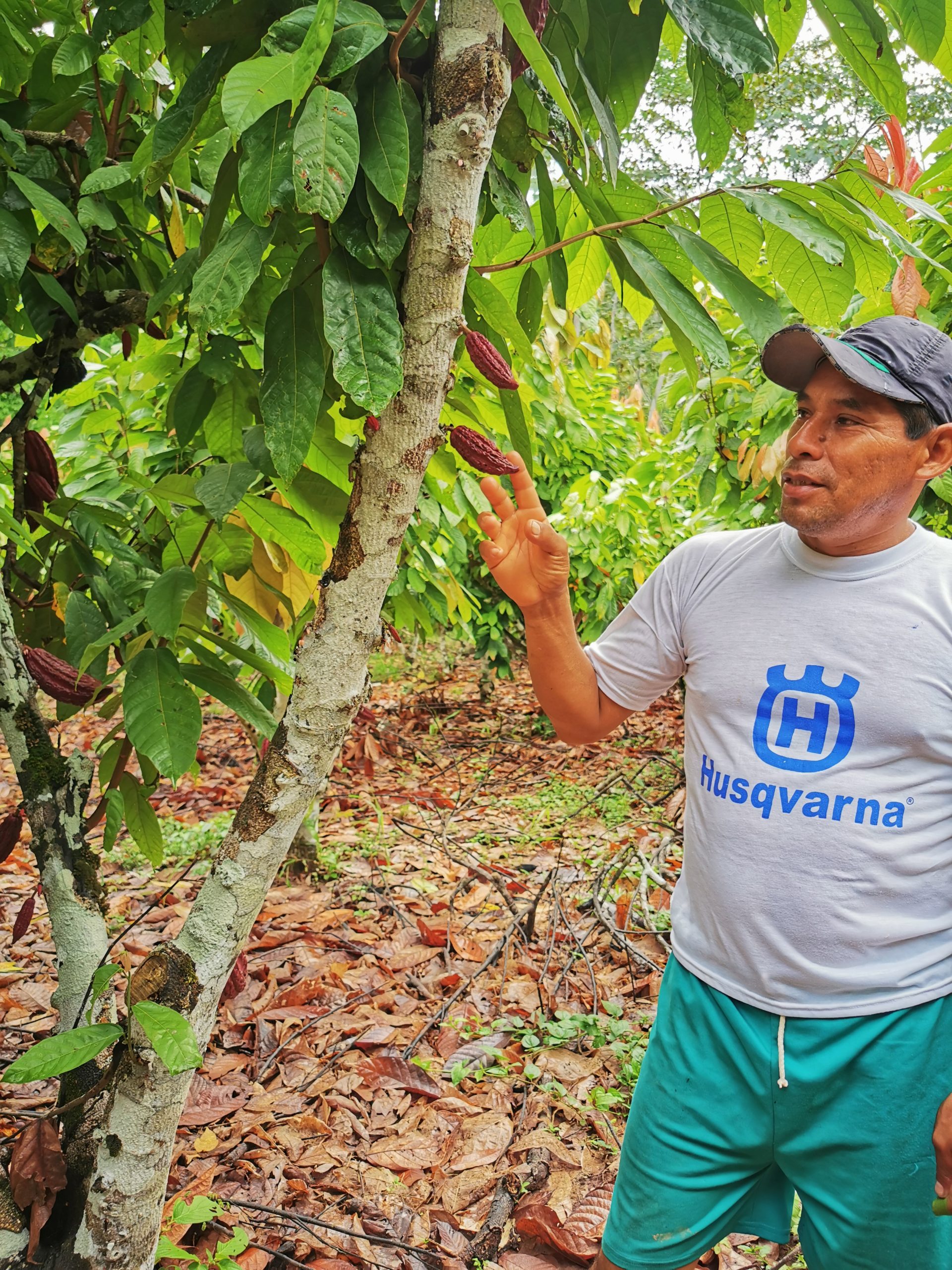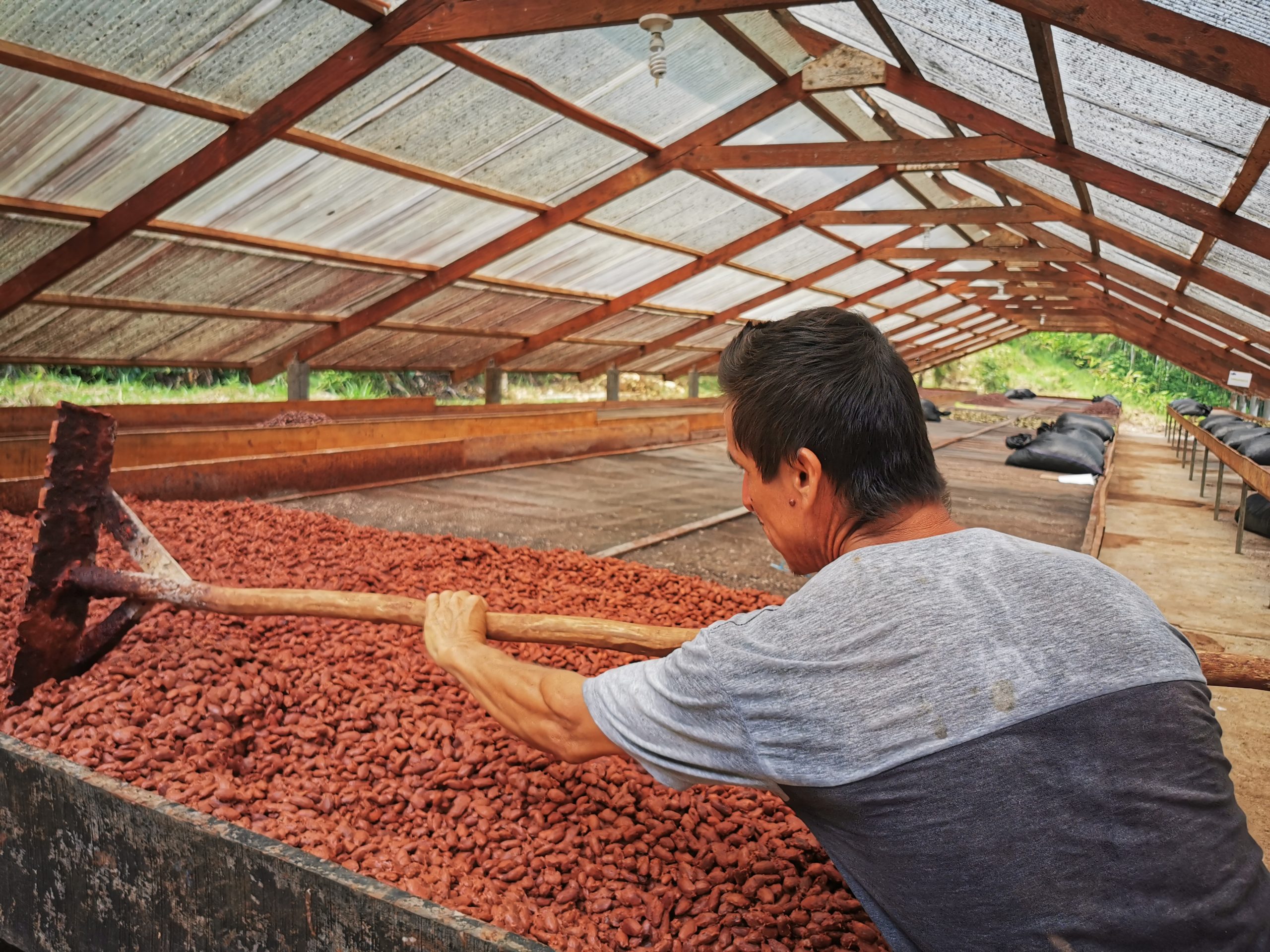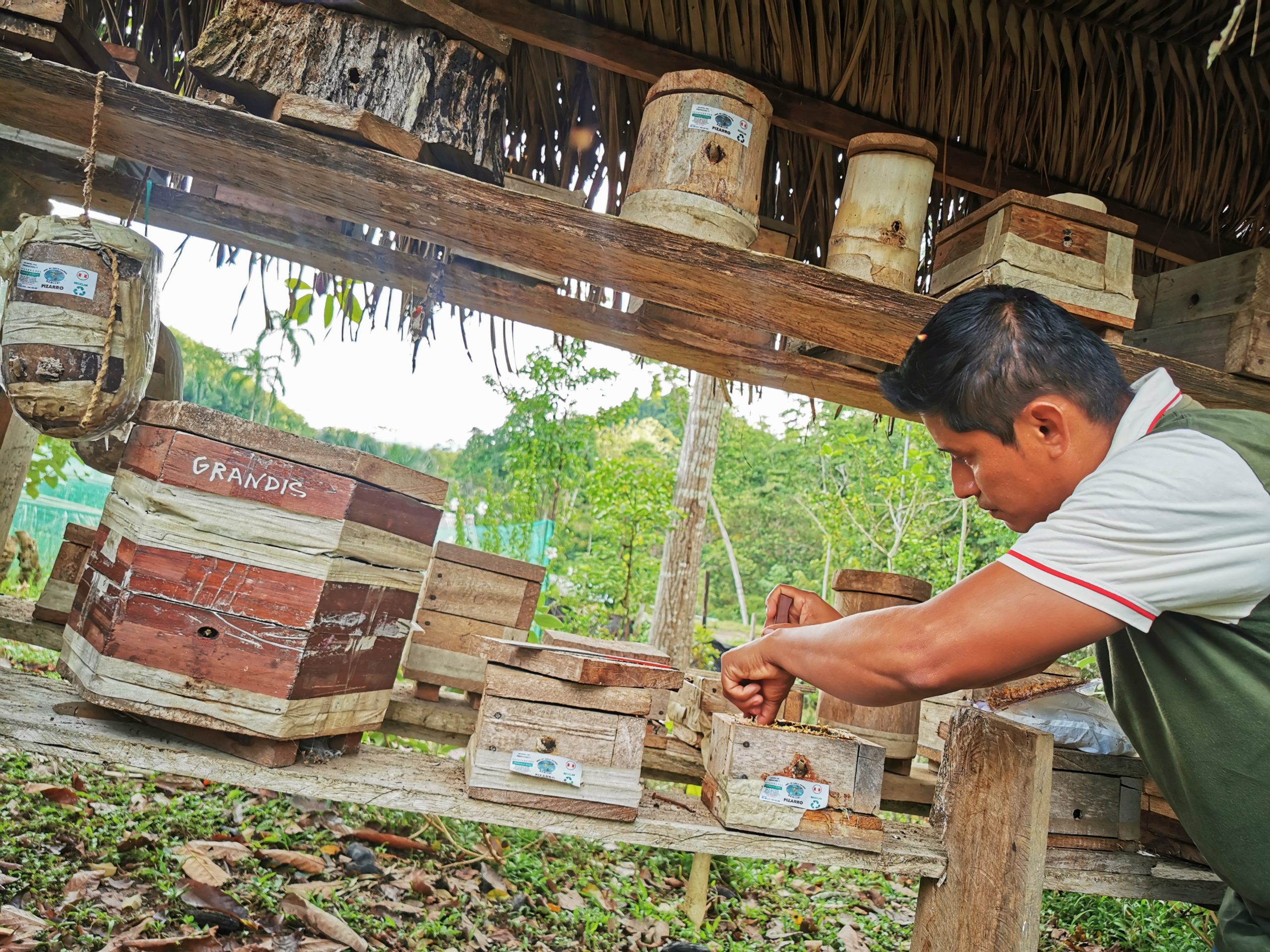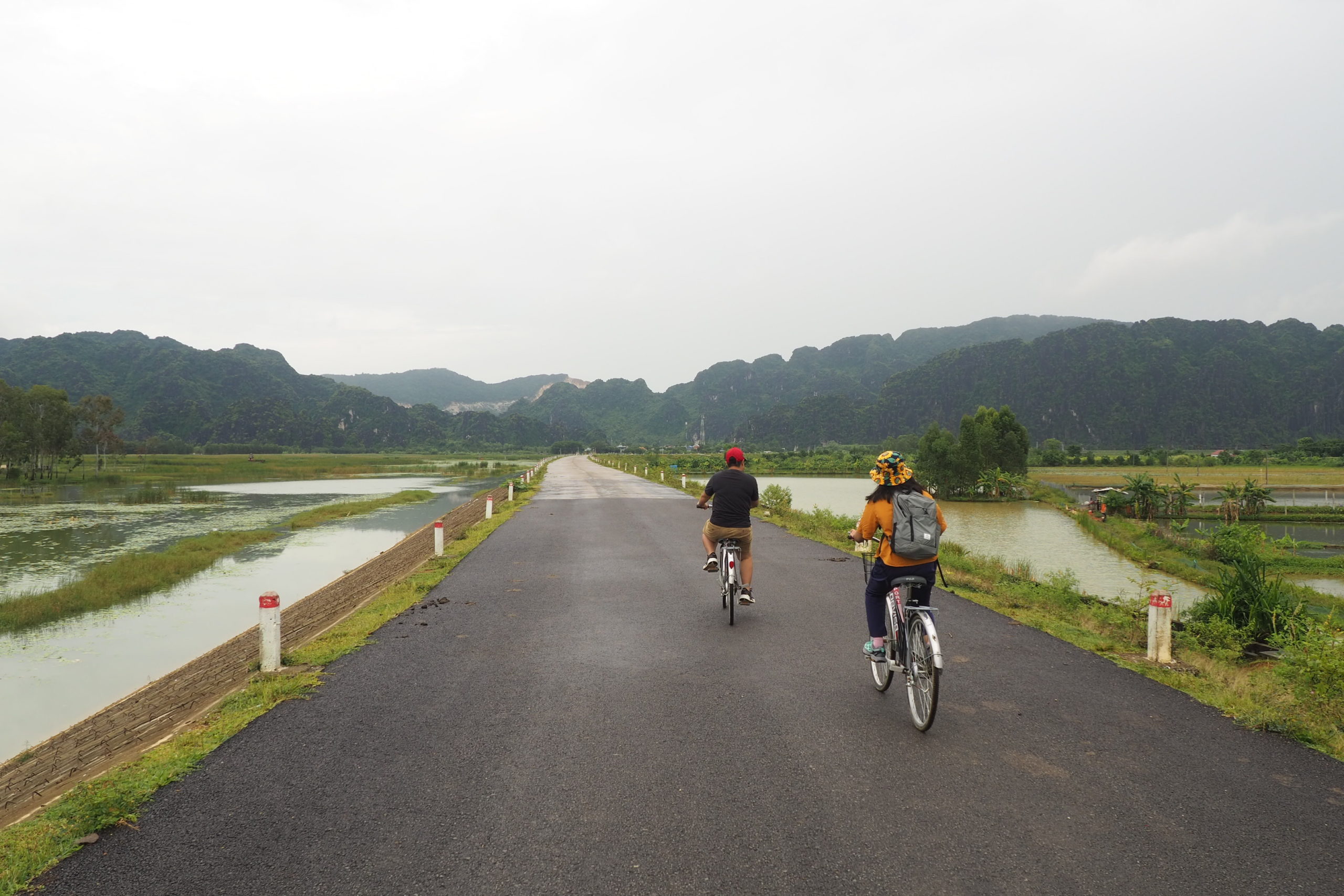
Community members at Cuc Phuong National Park and Van Long Nature Reserve in Vietnam are putting their newly acquired skills in sustainable tourism operations to the test by hosting real visitors.
The teams at IUCN and Planeterra have organized pilot excursions to the protected areas, so community members have the chance to be exposed to different visitor markets, allowing them to practise what they have learned in the past few months during the training sessions, in real-life situations.
The pilot trips offer travellers two itineraries:
A weekend getaway in Van Long Nature Reserve
Van Long Wetland Nature Reserve is one of the largest wetland nature reserves in the Vietnamese Northern Delta. The natural land area is more than 3,500 hectares and consists of eleven ecosystems, the two major being the limestone forest and wetland ecosystems.
Travellers that joined this trip, are amongst the first visitors to be welcomed by the local communities of Gia Hoa commune (Gia Vien district, Ninh Binh). Here are some of the activities that they enjoyed:
- Getting to know the pristine and charming beauty of “Ha Long Bay on land, still relatively unknown to most tourists.
- Discovered the authentic northern lifestyle while learning about the livelihood of the locals.
- Sampled some delicious dishes prepared with fresh ingredients grown locally.
- Went for a boat ride through the vast area of Van Long wetland to enjoy the peaceful scenery.
Explore Muong Culture in Cuc Phuong National Park
Cuc Phuong National Park is the oldest national park in Vietnam. It was founded in 1962 and it is already a well-known tourist destination. Cuc Phuong’s ancient forest is home to more than 2,234 vascular and non-vascular plants, 122 species of reptiles and amphibians, and 135 species of mammals, including clouded leopard, Delacour’s langur, Owston’s civet, and Asiatic black bear.
The activities that the communities of Khanh village (An Nghia commune, Lac Son district, Hoa Binh) specially designed for this itinerary are:
- Exploring the rich culture of Muong ethnic people, one of Vietnam’s 54 ethnic groups.
- An immersive culinary experience, including a trek in the primary forest to explore the abundant flora and fauna of this region.
- Get a taste of delicious mountainous dishes made from local fresh ingredients.
- Discovering how local communities / indigenous groups are integrated into the work of the protected area’s management.
Outcomes of the pilot trips
Visitors had a chance to explore the local culture and the natural surroundings and community members got to interact will real travellers and get a better understanding of what hosting a tour looks like.
Visitors were impressed with the hospitality of the local people and found that the training provided to the local communities by the Project, was valuable and helped its purpose.
After their experience, visitors were asked for their thoughts and some improvements suggestions were pointed out. The feedback from these pilot trips will allow community members to improve their tourism offers.
